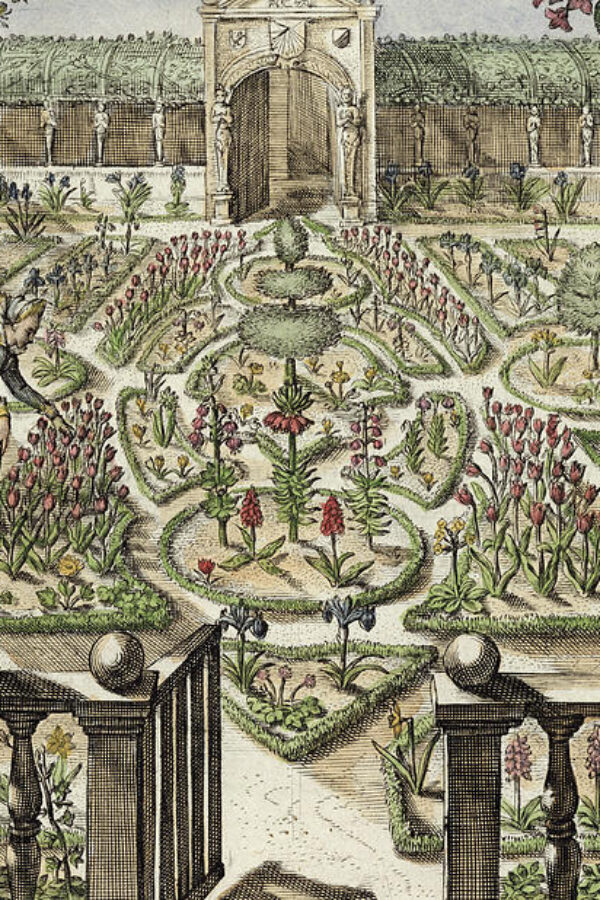

On April 25, a lecture titled "Peaches, Pears, and Purslane – Recreating Dutch Gardens in 17th Century New Amsterdam" attracted historians, plant researchers, and the public to the New York Botanical Garden’s Mertz Library.
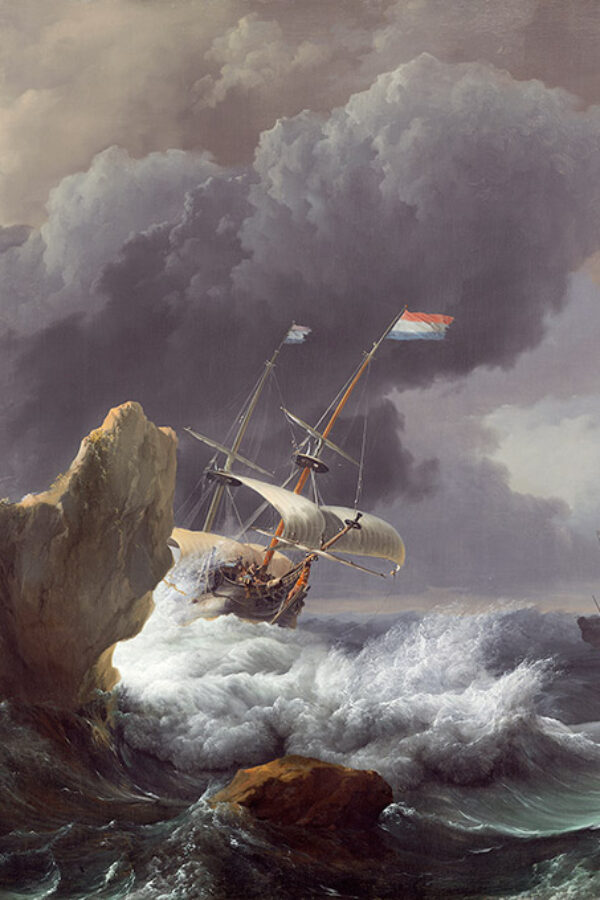
VIDEO - On March 8, 1657, a Nor’easter drove Dutch ship The Prince Maurice into Fire Island. Indigenous night watchers heard the wreck and rescued the 129 aboard. This dramatic event is part of their 400-year history.
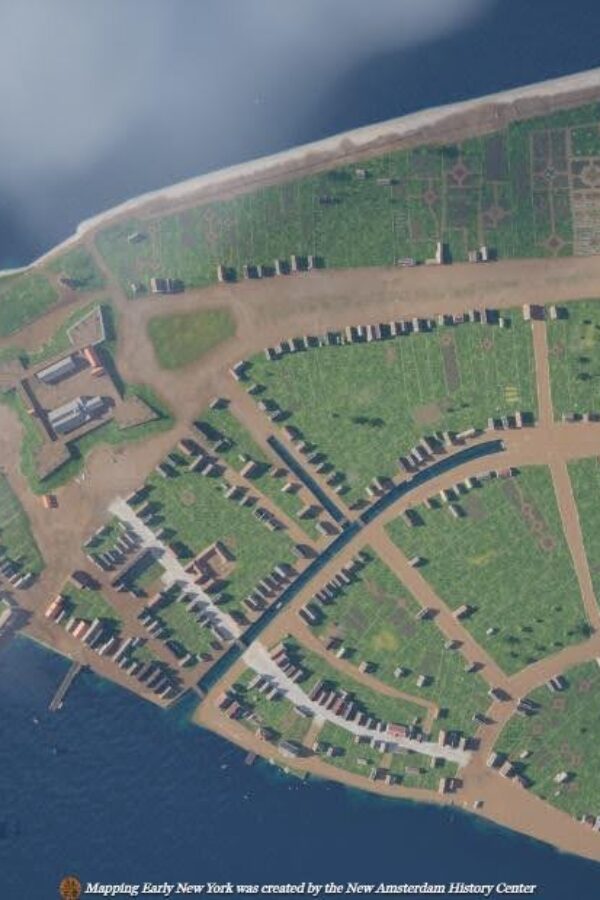
The creative team behind NAHC’s "Mapping Early New York" project, guests, and trustees joined over 400 people at the New-York Historical Society on March 20, 2024, for the "New York Before New York" exhibit opening.
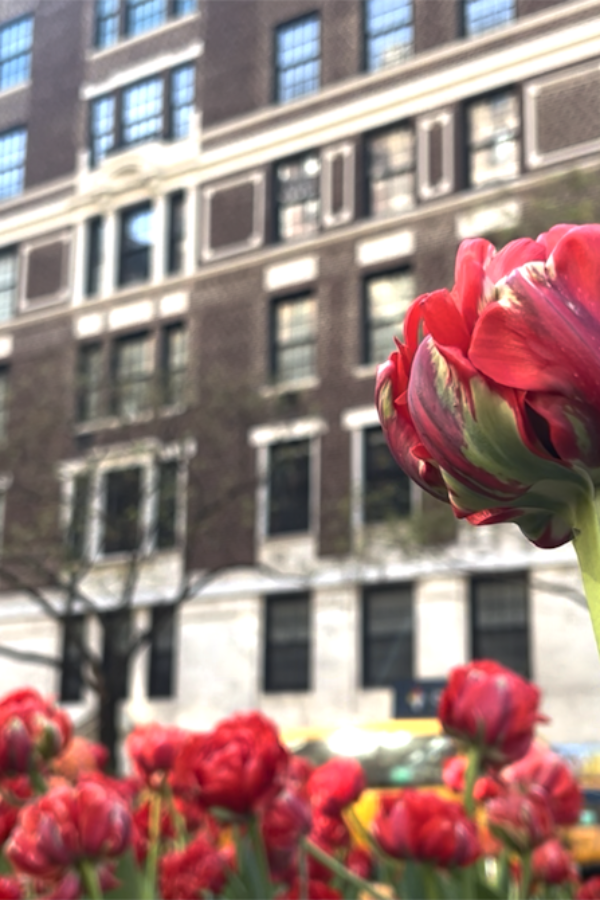
This year, the Park Avenue Malls featured orange Balloon and Peony Dutch hybrid tulips to mark the 400th anniversary of Dutch settlers arriving in New Amsterdam.
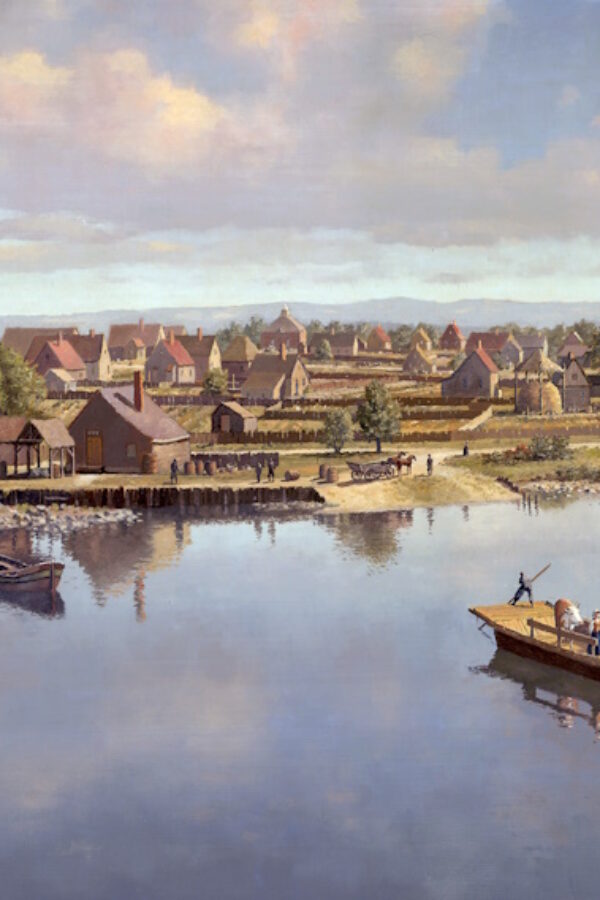
Fine artist Len Tantillo, renowned for his historical paintings of New Amsterdam and New Netherland, recently unveiled a new work in Schenectady, indirectly linked to the NAHC.
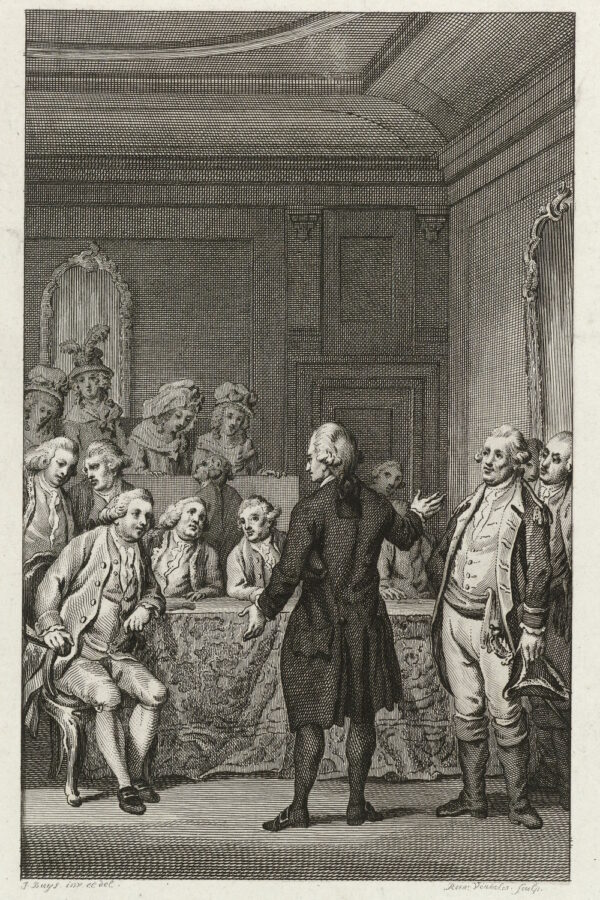
Two hundred and forty years ago, on 19 April 1782, the Dutch States General decided to recognize John Adams as the envoy of the United States of America .
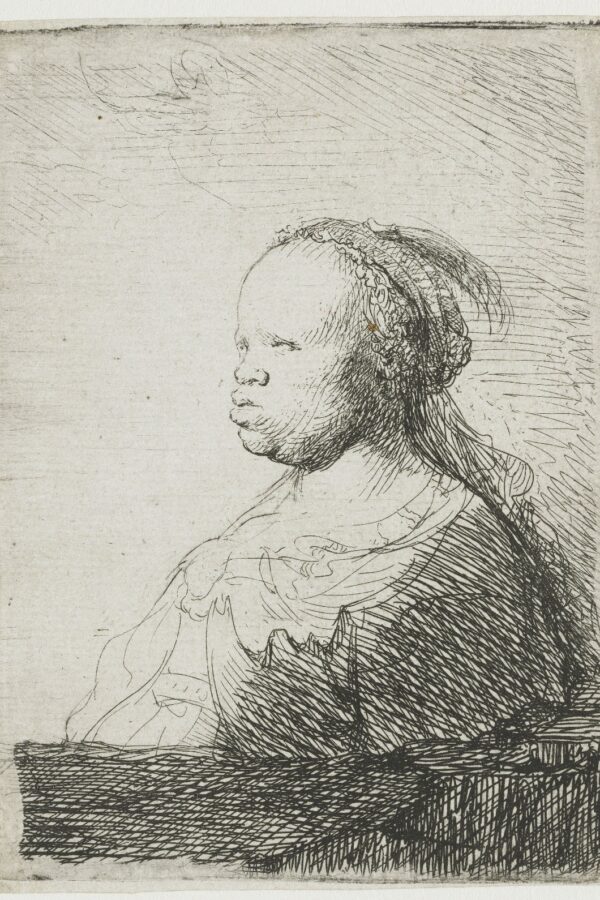
In December 28, 1662, a black African woman named Mayken van Angola pursued freedom in New Amsterdam. She did not stand alone.
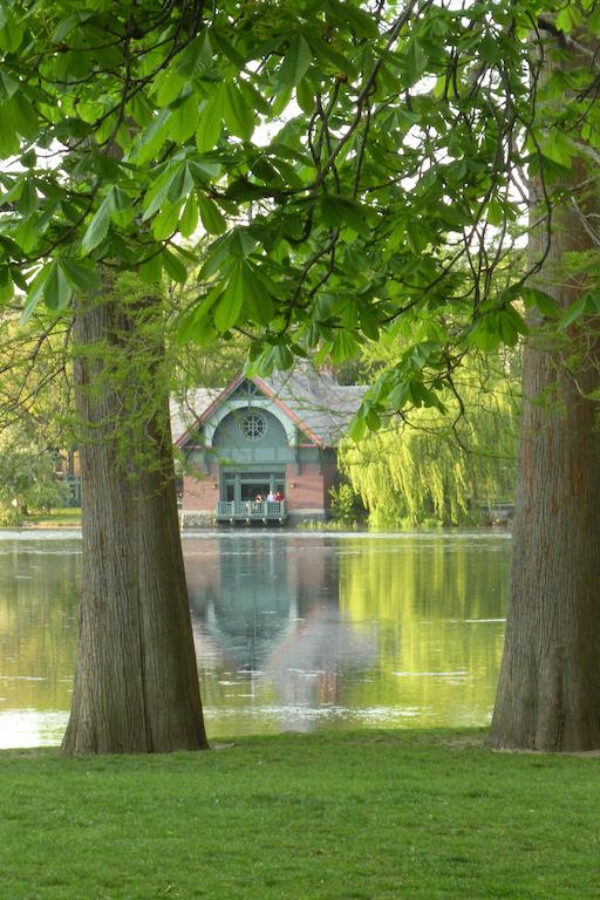
Sarah Cedar Miller's, "Before Central Park", tells the “pre-park” story of the unusual topography of this section of the park and how it played a key role in New York City’s history.
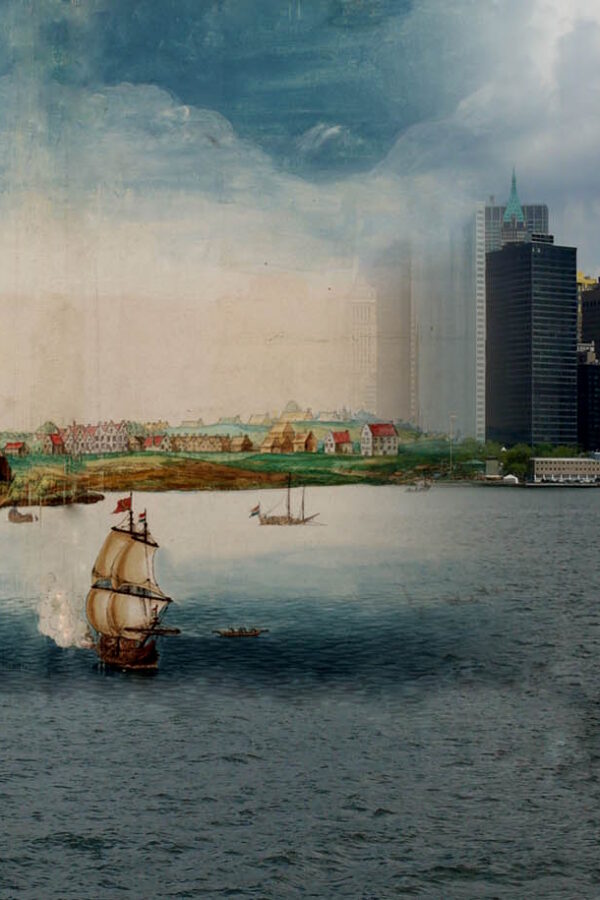
NAHC has had a busy year with more to come. Look forward to more lectures, historic walks, and the continuing development of Mapping Early New York, our virtual New Amsterdam project,
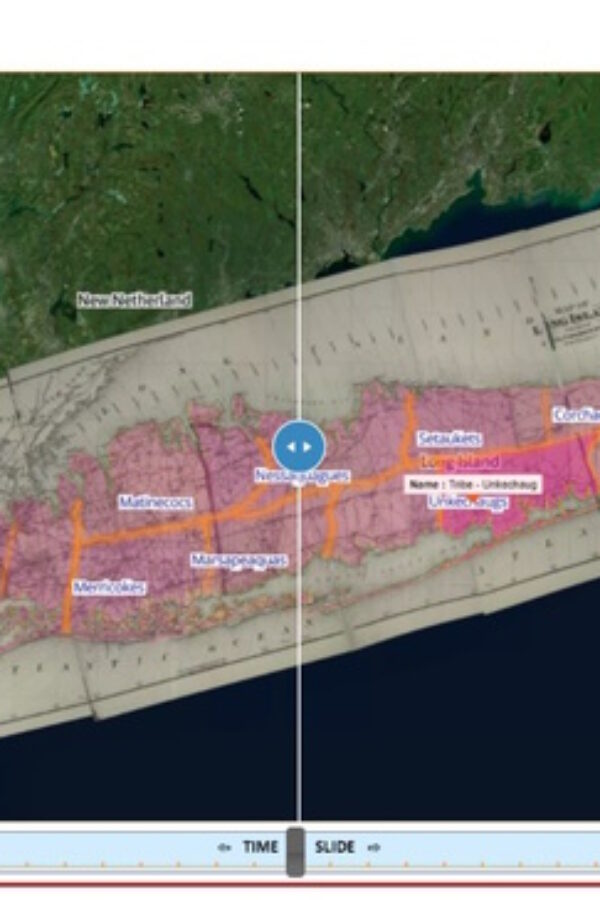
Project Manager for Mapping Early New York, Toya Dubin, announces the use of AI on the project.
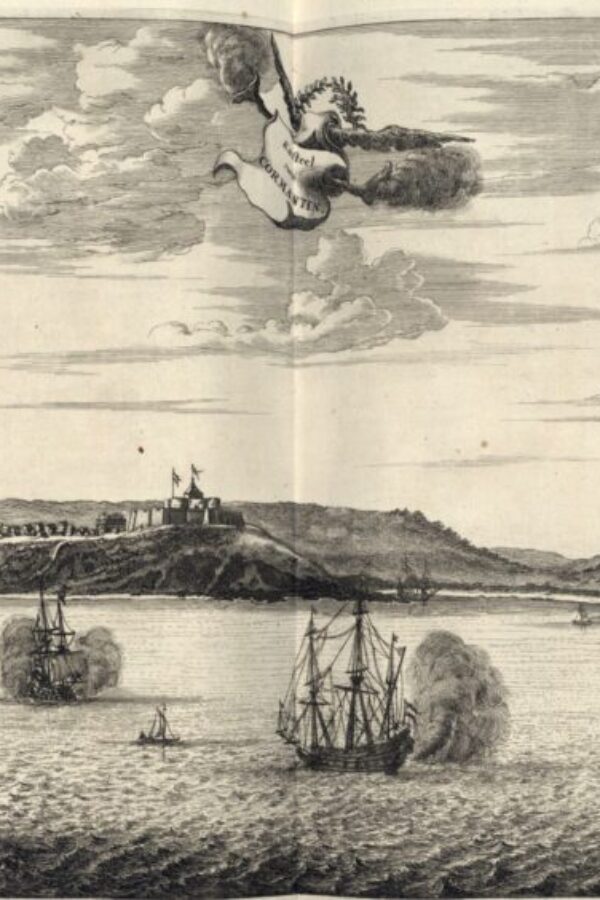
Read how colonial New Amsterdam became New York City and how the name evolved has many twists and turns and is, in fact, a tale of war and peace.
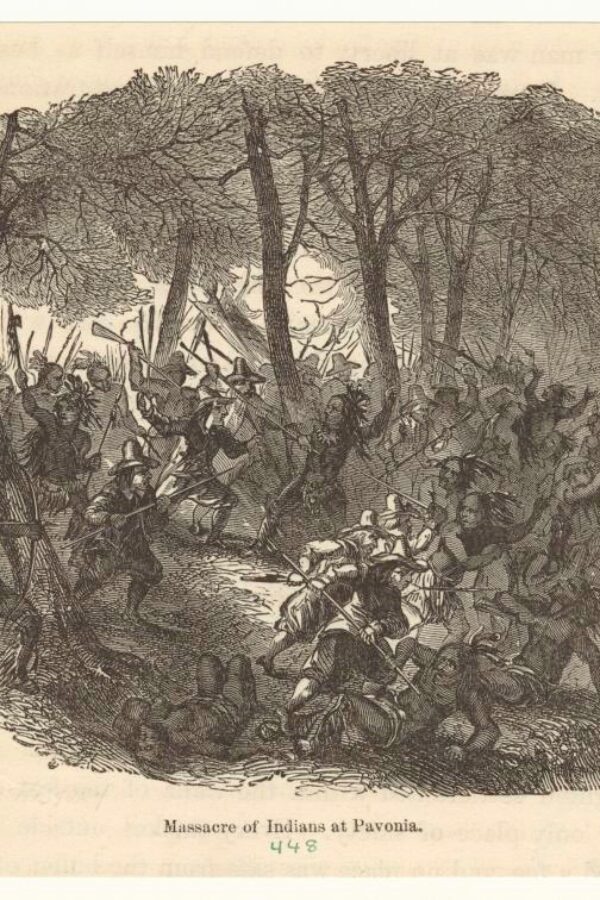
Settler colonialism is not a story of friendly relations throughout. The confrontation with an unfamiliar other creates wariness and suspicion and often leads to violent outbursts .
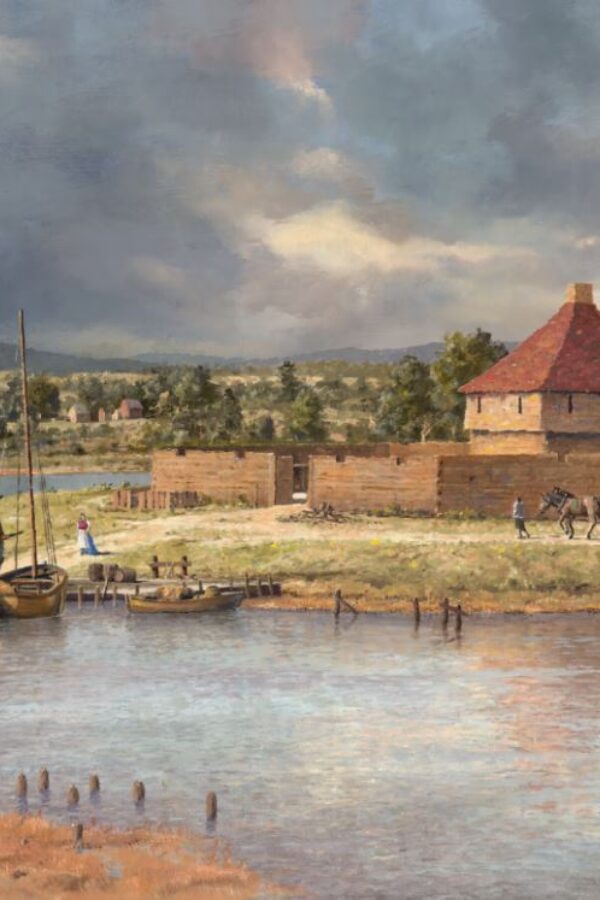
An unvieling ceremony of Len Tantillo’s work on the Connecticut River an Fort Good Hope will be held at the Connecticut River Museum in Essex, Connecticut on Thursday, October 12, 2023, Old Lyme Country Club. 40 McCurdy Road, Old Lyme, Connecticut.
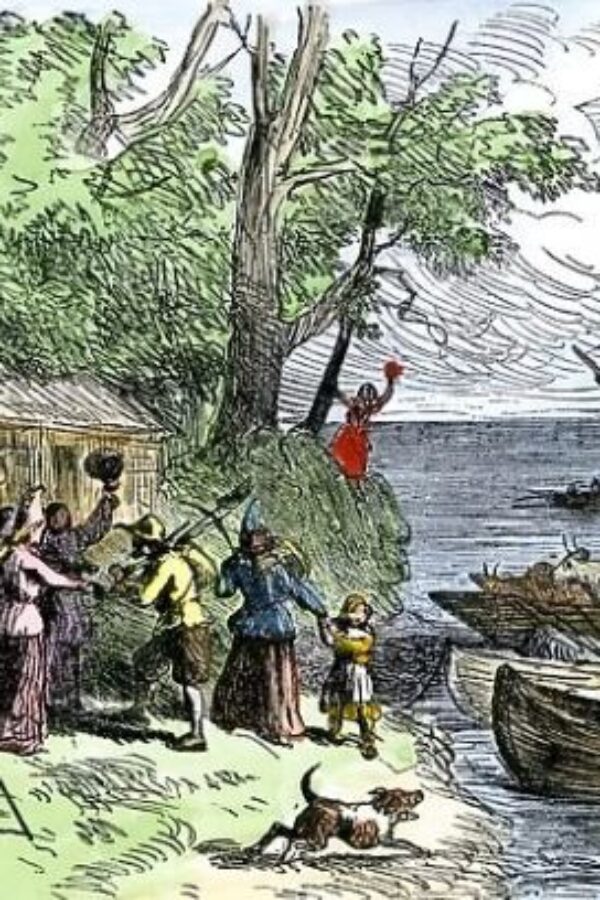
One of the First Colonists, Catalina Trico Pieter Schaghen writes in his letter to the States General with news from New Netherland in 1626: “our people there are doing well and living in peace.
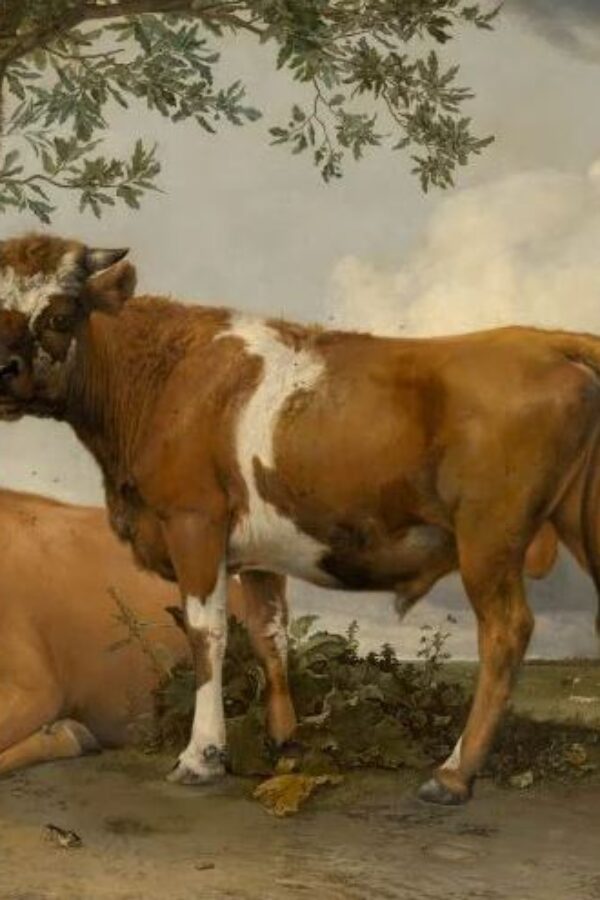
In1625 an “animal fleet"was sent to the colony in a convoy of three vessels. About were103 head of stallions and mares, bulls and cows, sheep and pigs.
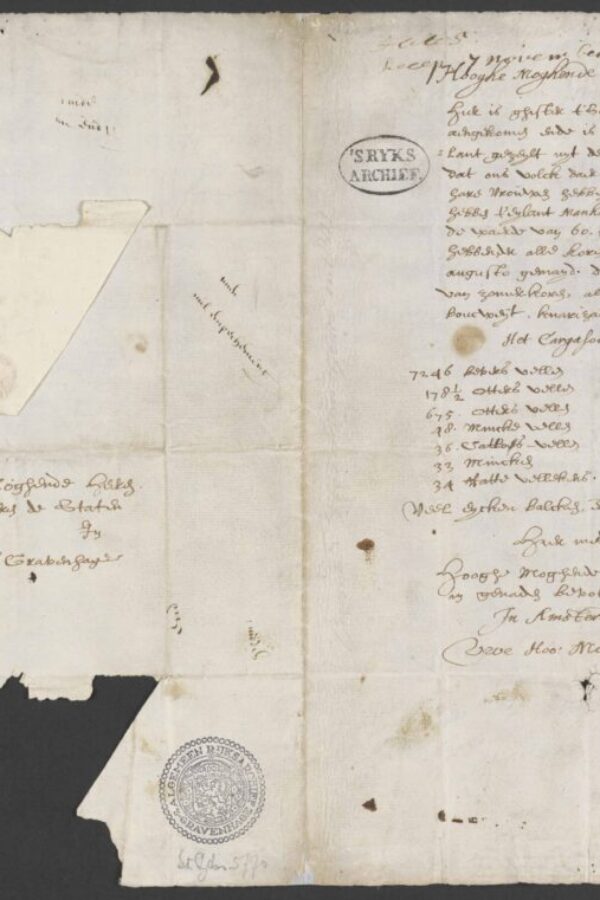
This famous letter stating that the settlers were able to successfully grow crops and had negotiated a peaceful relations with principally the Indians, but also the English, who were rivals with the Dutch for control of territory in North America.
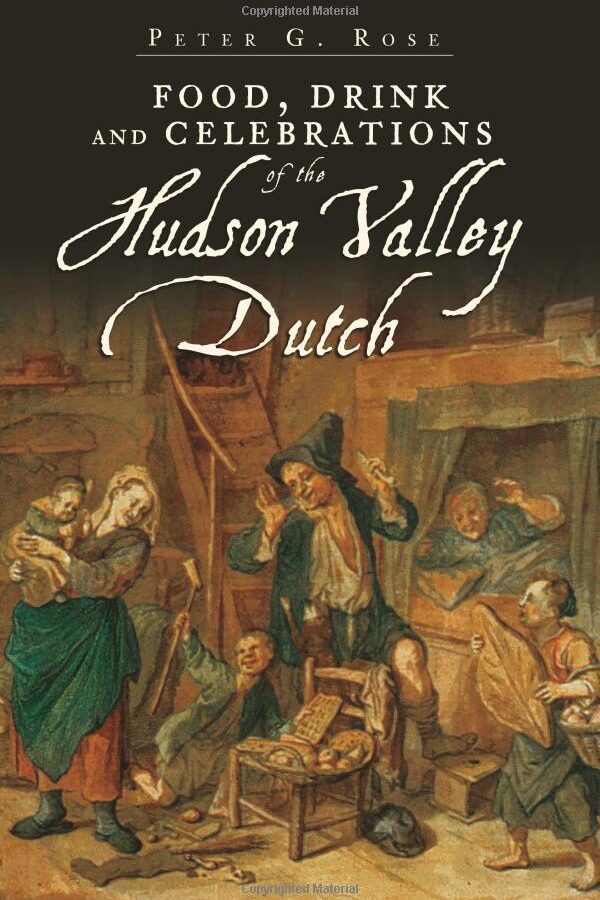
Peter Rose explores the food, drink and celebrations of the Hudson Valley Dutch in this comprehensive look at its importance and influence in early American life. Recipes are included.
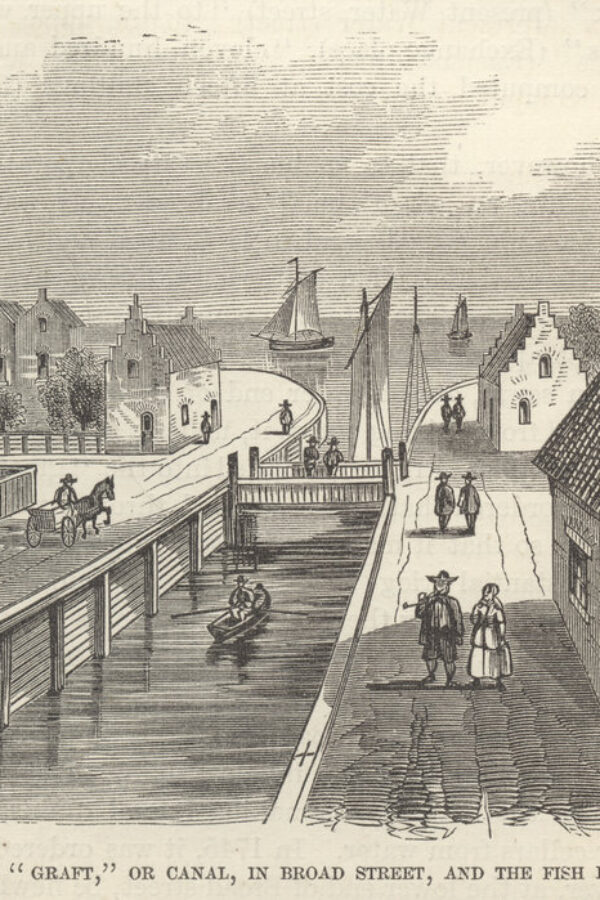
To understand the origins of early New York, we must understand the culture that it created from the 17th-century Dutch colonization.
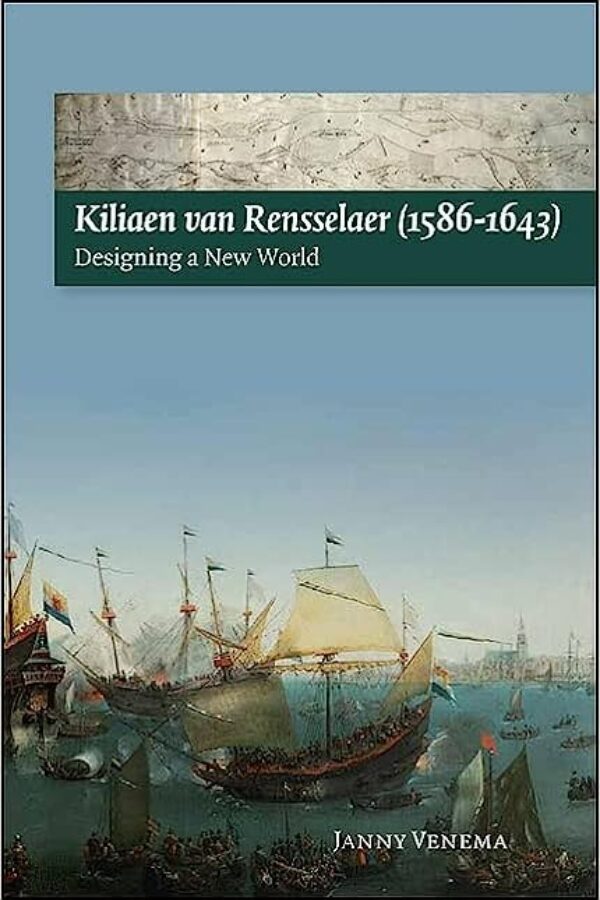
Read about how Kiliaen van Rensselaer, one of the founding directors of the Dutch West India Company, helped establish the New Netherland colony.
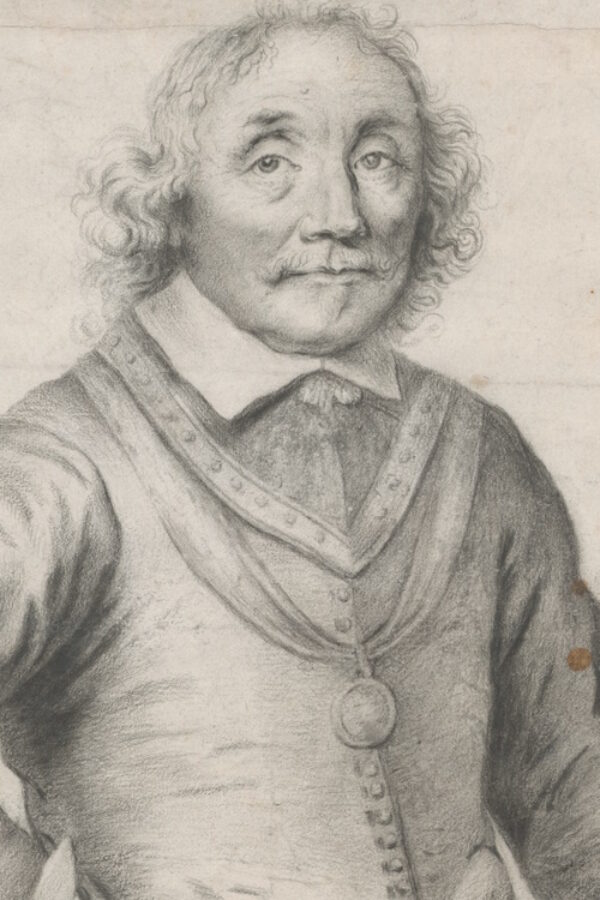
The 19th portrait of Dutch Admiral by Dutch Golden Age master Jan Lievens was found hung above the mantel of a home in a small Massachusetts town.
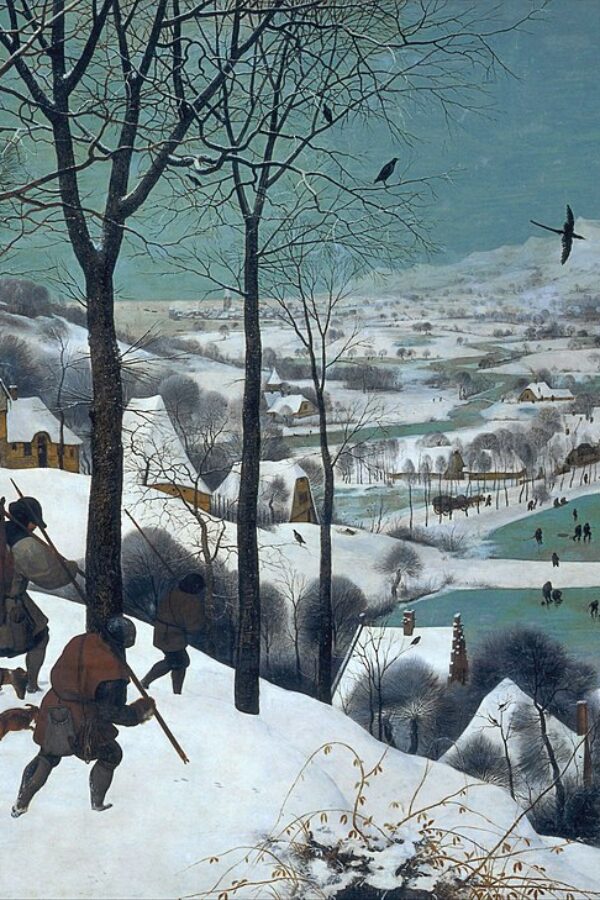
Read this fascinating interview with Dr. Chelsea Teale and Dr. Dagomar Degroot on "The Little Ice Age" in the Dutch North Atlantic.
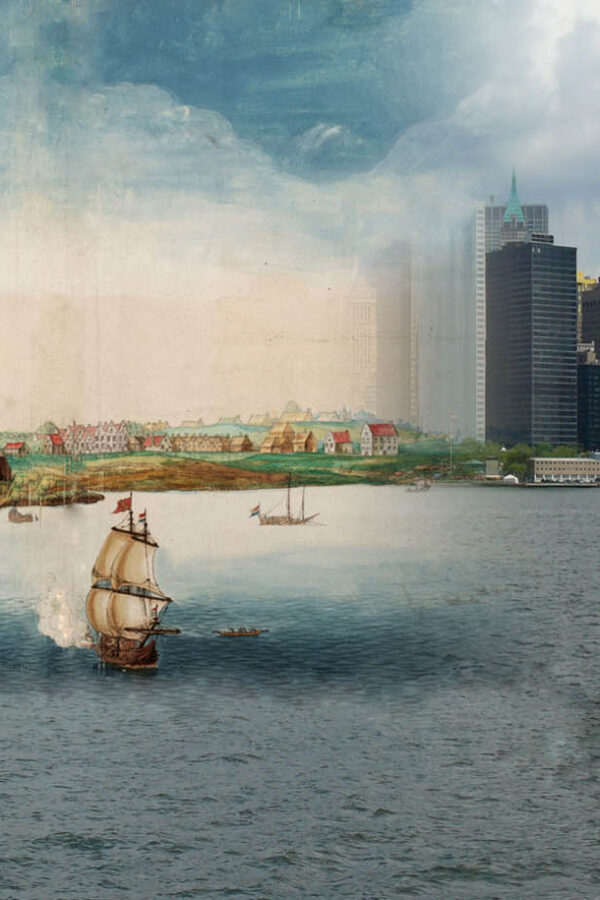
Welcome to the Spring, 2023, NAHC Newsletter! This publication is our 15th Newsletter dating back to the inaugural Volume 1 published in 2017
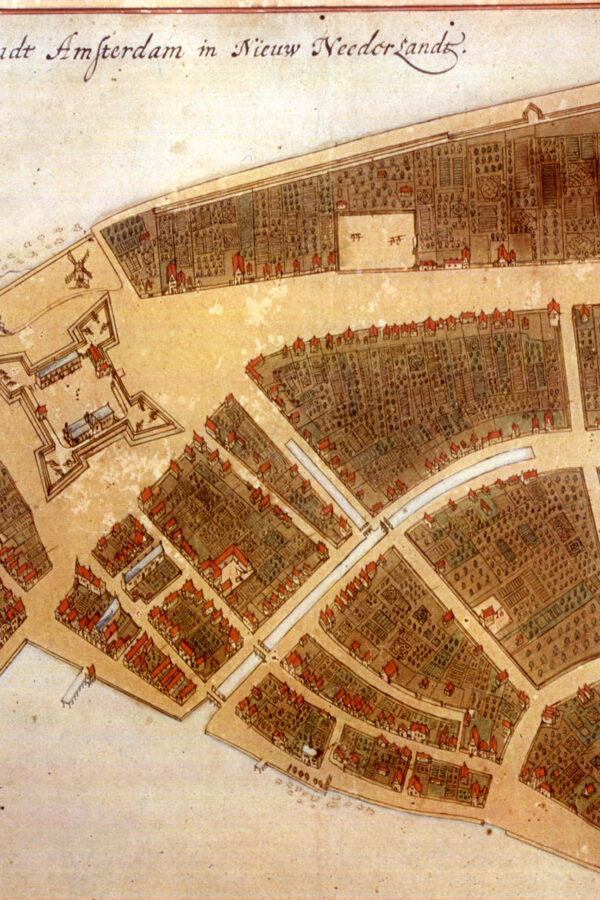
The Mapping Early New York project has explored New Amsterdam and illustrates its findings in a detailed map, 3D Maps, and an Interactive Model based on the Castello Plan.
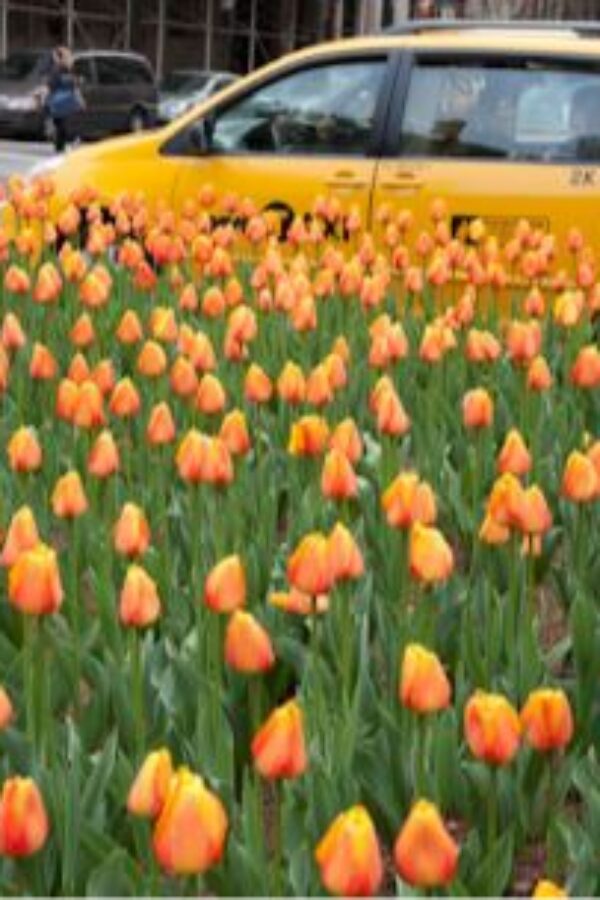
Never is Manhattan more Dutch than in April. That’s when the multi- billions of Dutch daffodils and countless tulips bloom in almost every available pot, box, median and mall.
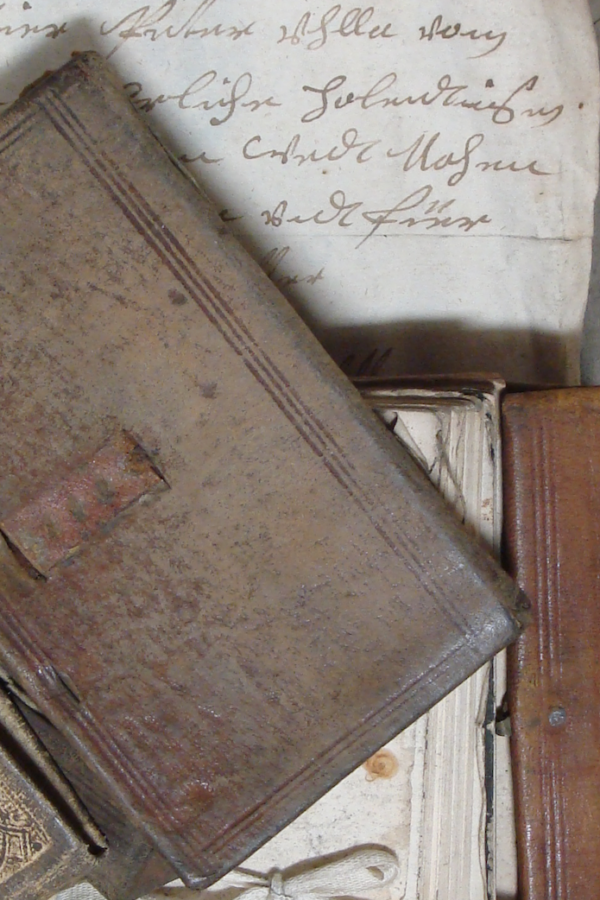
A treasure trove of letters that were intercepted at sea by the British have been stored in the British National Archived until now.
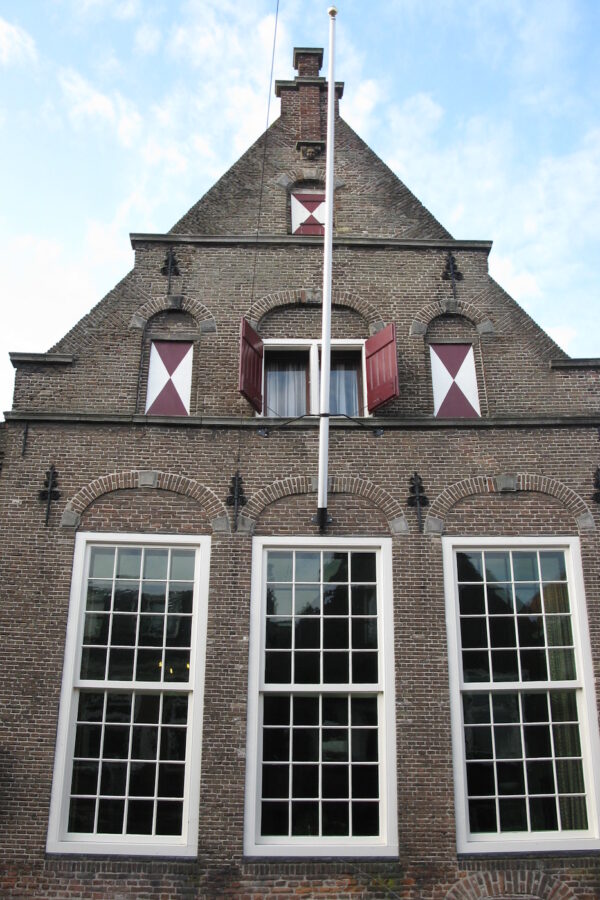
From past President of NAHC Tom Visée, comes news that the birthplace of New Netherland Patroon Kiliaen van Rensselaer in Hasselt, Overijssel, will be converted into a museum.
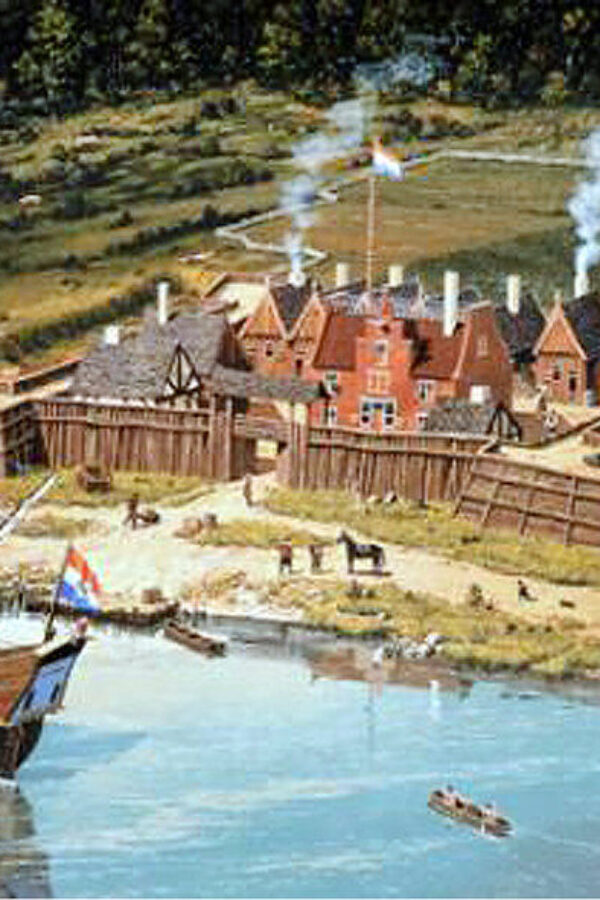
Lisbeth Vrooman’s correspondence is part of a trove of seized 17th-century Dutch letters that were rediscovered in British National Archives in 1980.
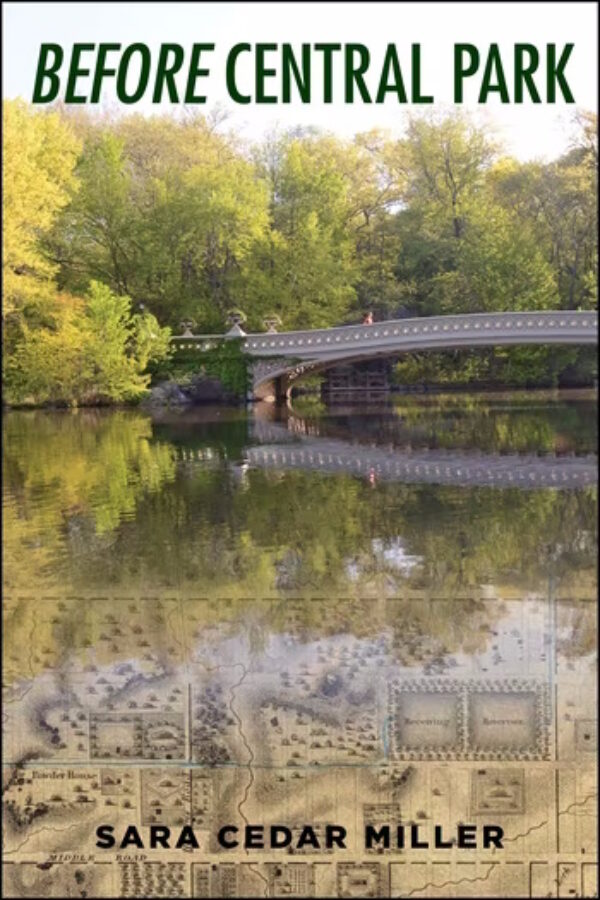
Sara Cedar Miller discusses what Central Park was like in the early days of New Amsterdam and how 800 acres of sprawling green acres in the middle of one of the world’s densest cities, became an urban masterpiece.
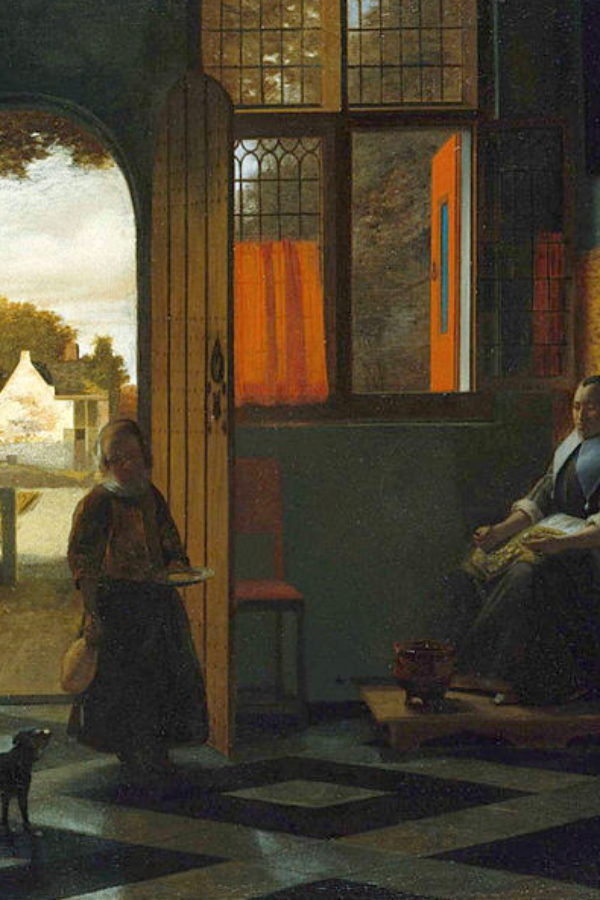
The Dutch artist who inspired Vermeer has a lot to teach Americans living in lockdown today
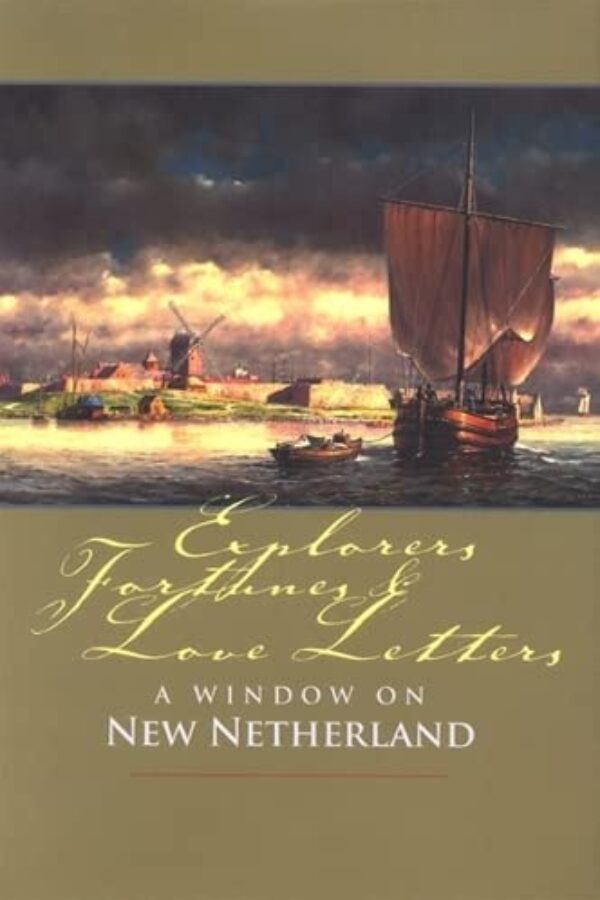
Drawing on the latest research, leading scholars shed new light on the culture, society, and legacy of the New Netherland colony.
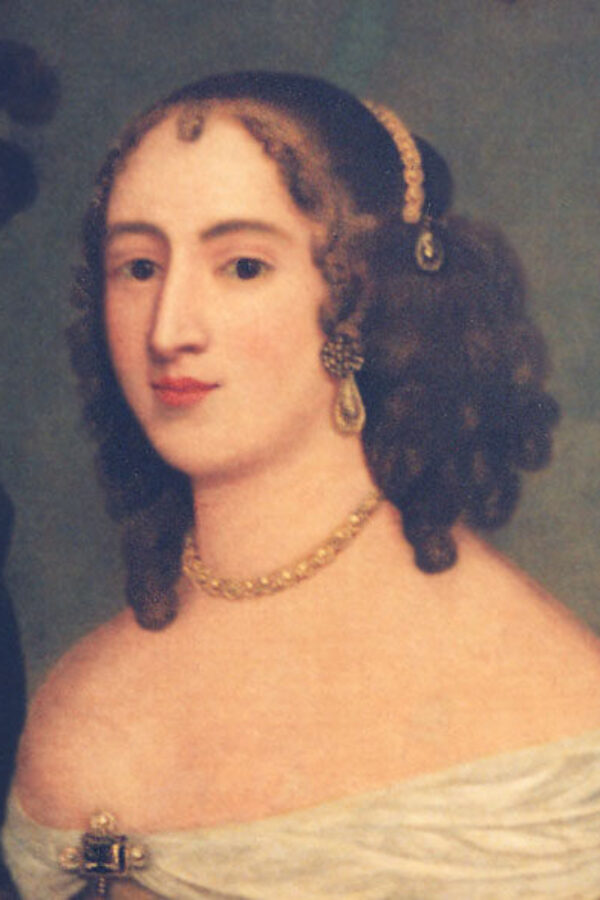
Alida Livingston's letters to her politician husband Robert is one of the most significant collections of women’s writing in 17th-century North America.
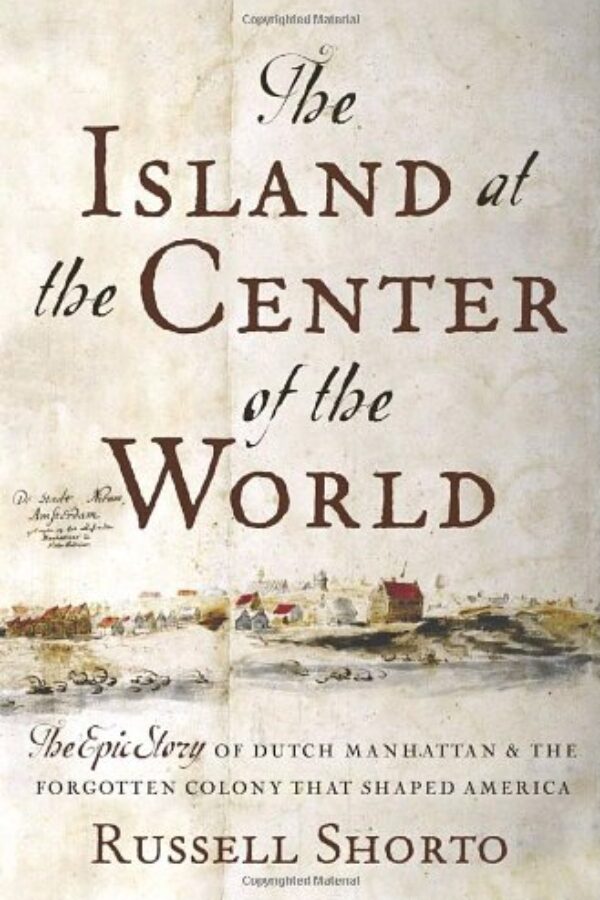
In a landmark work of history, Russell Shorto presents astonishing information on the founding of our nation and reveals in riveting detail the crucial role of the Dutch in making America what it is today.
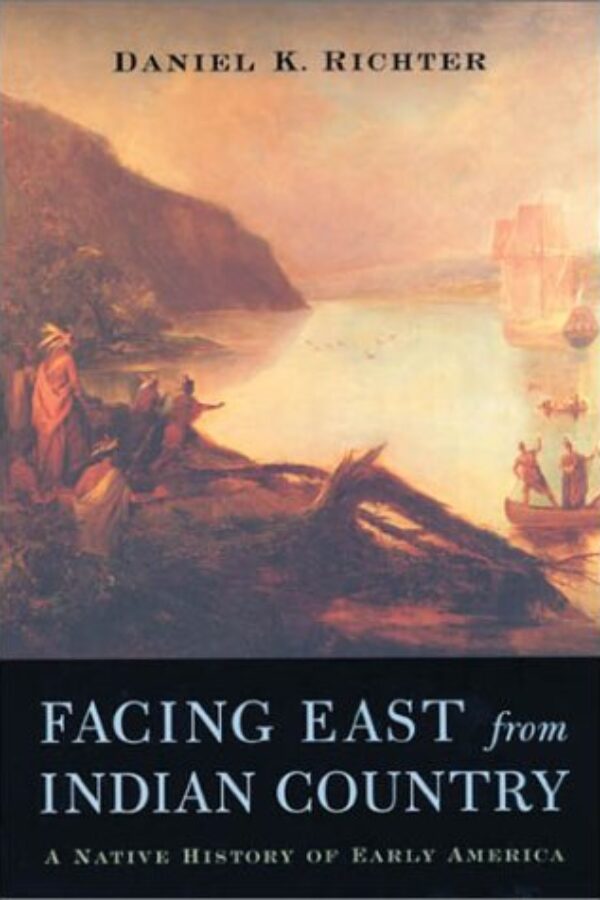
In the beginning, North America was Indian country but the Indians yielded to the westward rush of European settlers. Or so the story usually goes.
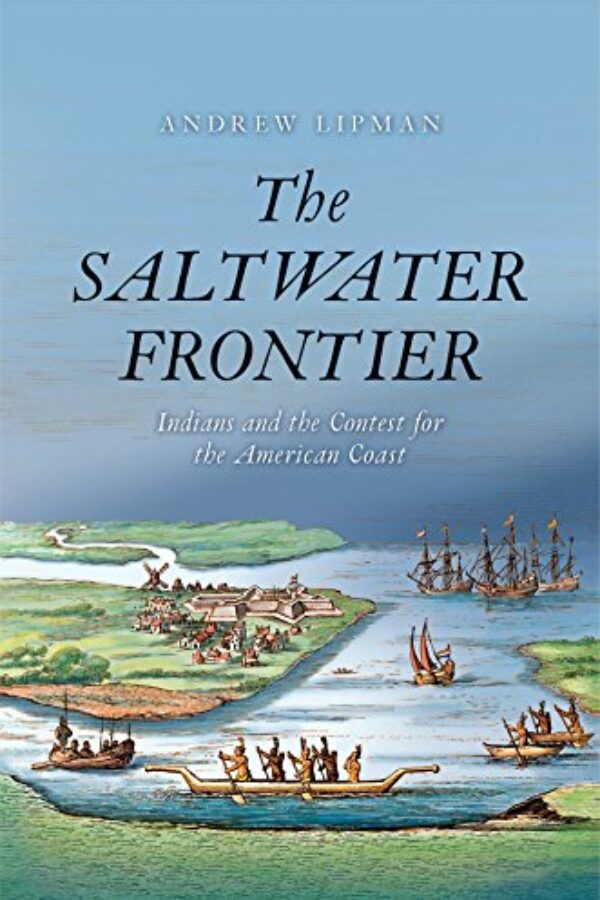
Andrew Lipman’s tells the untold story of how the ocean became a “frontier” between colonists and Indians.
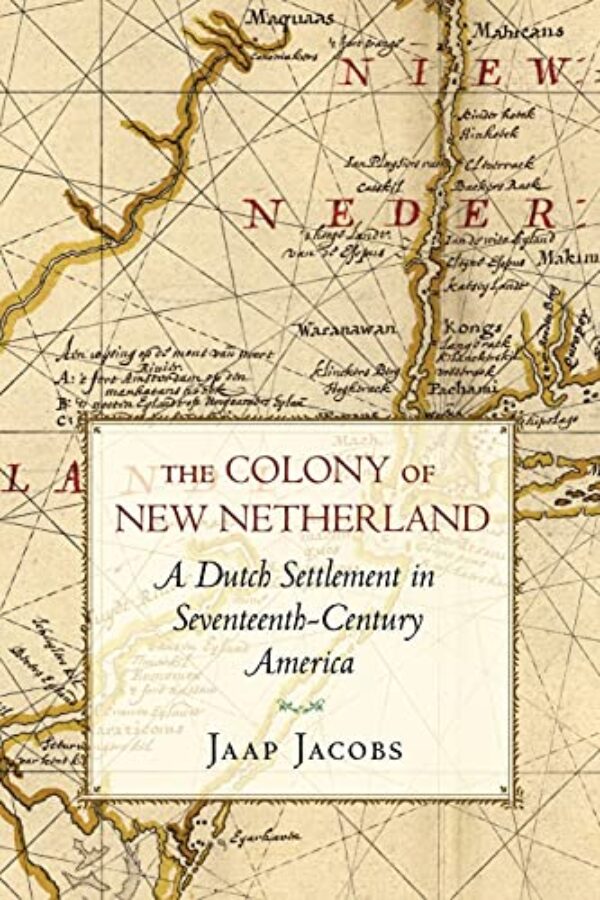
Jaap Jacobs offers distinctive examples of the economic colonization of New Amsterdam compared to that of the English colonies in North America.
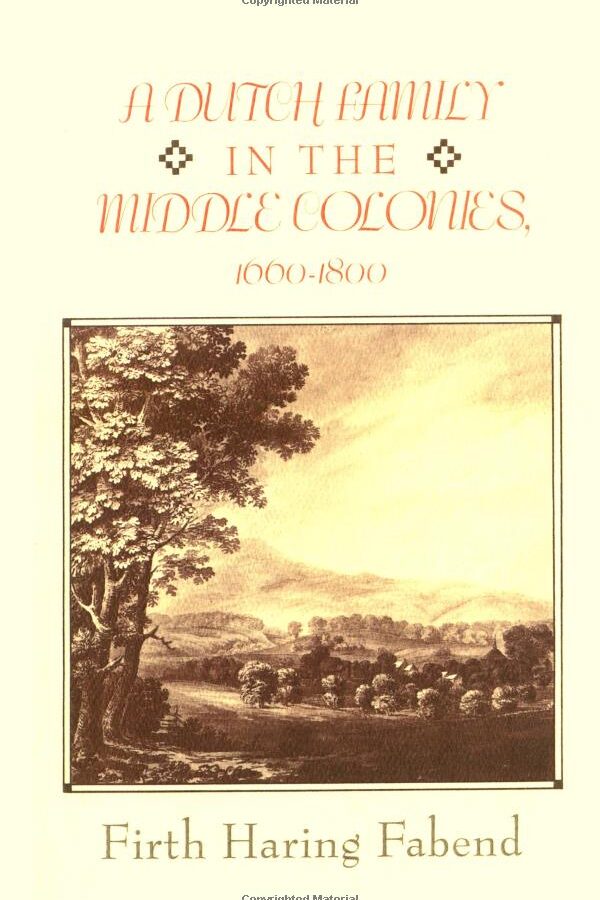
Firth Fabend looks at how her ancestors, middle-class farmers, dealt with the changes of the seventeenth and eighteenth centuries.
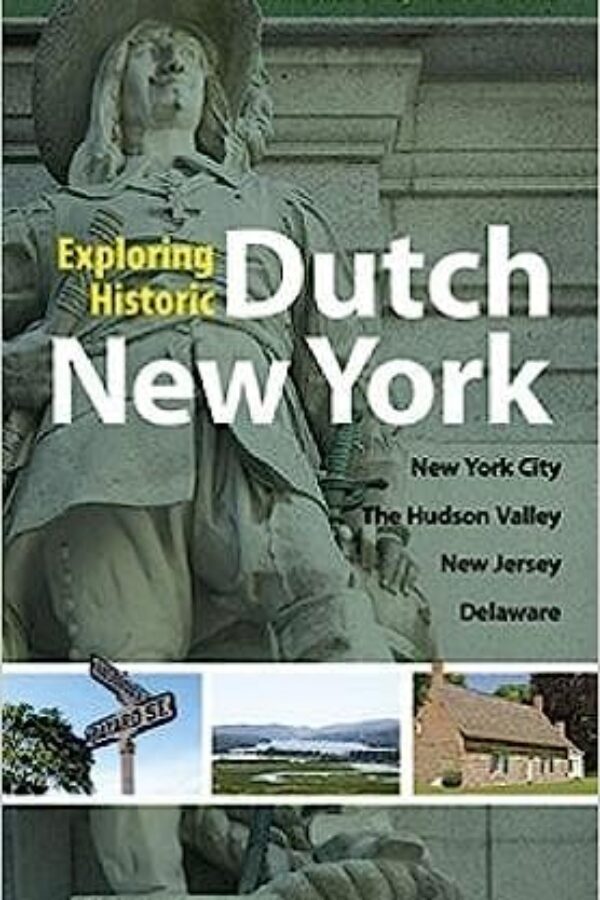
This comprehensive guide to touring important sites of New York's Dutch history serves as an engrossing cultural and historical reference.
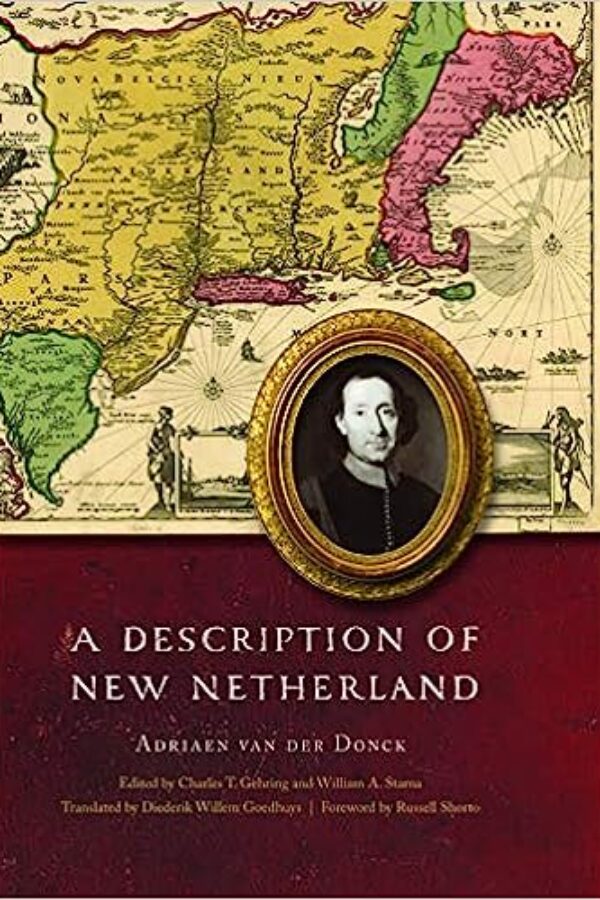
This edition provides the first complete and accurate English-language translation of an essential first-hand account of the lives and world of Dutch colonists and northeastern Native communities in the seventeenth century.
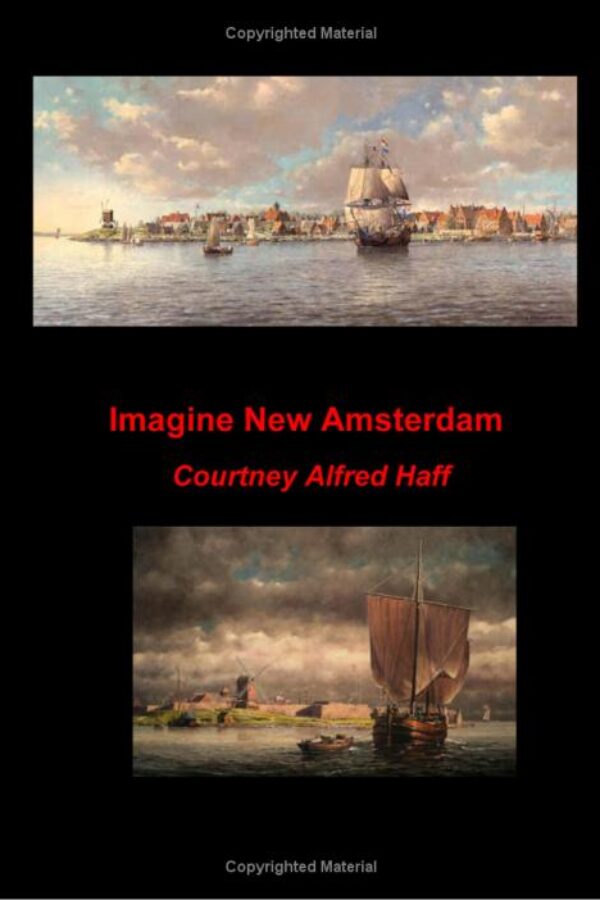
The 400-year anniversary of Henry Hudson’s discovery of the Hudson River provides a vantage point for understanding how the Dutch have influenced lower Manhattan.
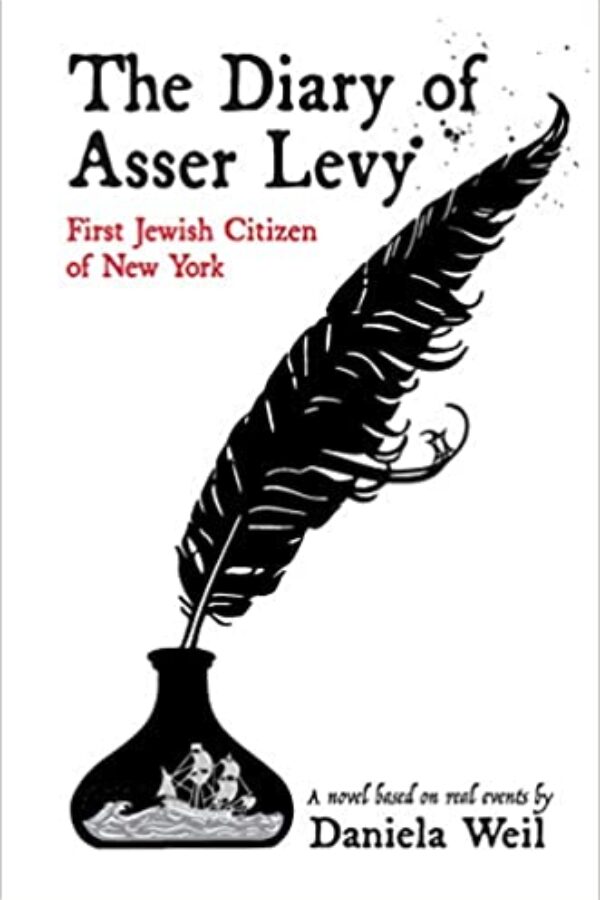
Through the eyes of Asser Levy in 1654, we see what it was like for the first group of refugee Jews, fleeing persecution when they arrived in America from Brazil.
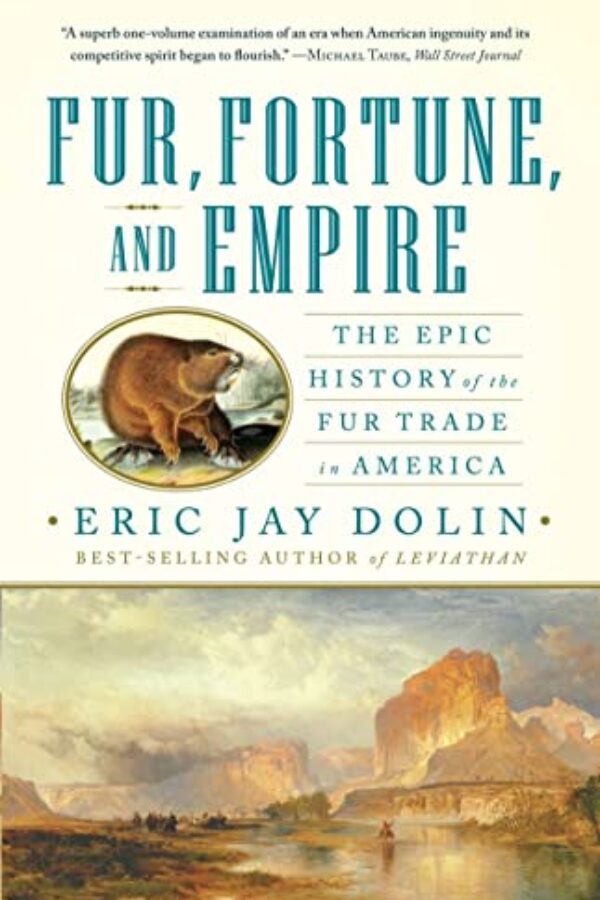
Hudson's 1609 voyage to America ignited a fierce competition to lay claim to this uncharted continent, teeming with untapped natural resources.
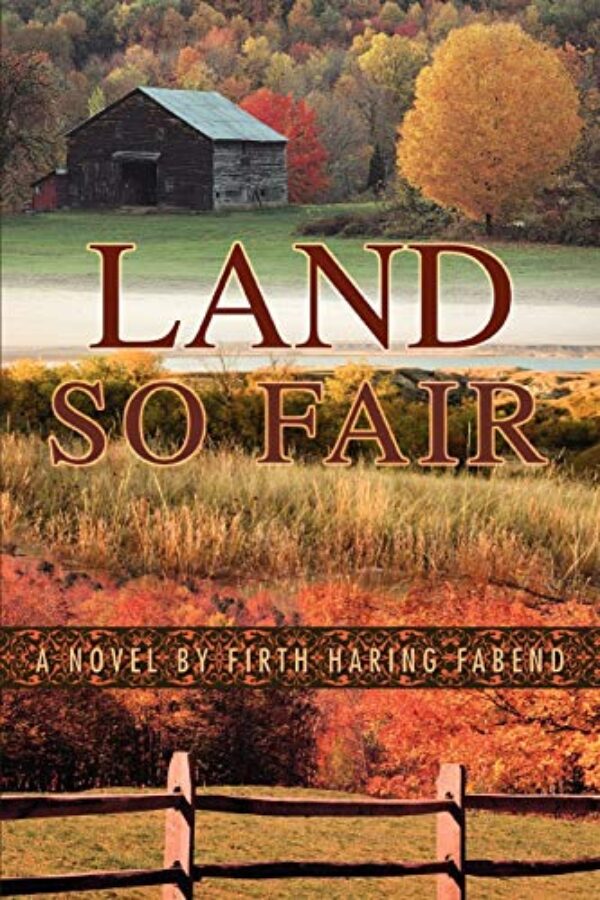
Three strong-minded Dutch-American women, related to each other by marriage, deal with the privations of life in a wilderness community.
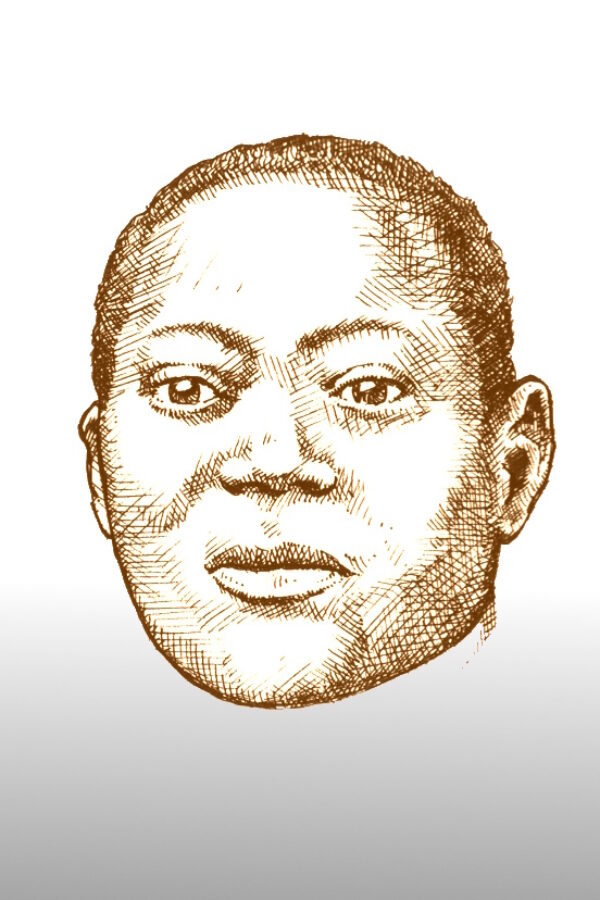
Manuel de Gerrit de Reus was among the first enslaved people brought to New Amsterdam by the Dutch West India Company.
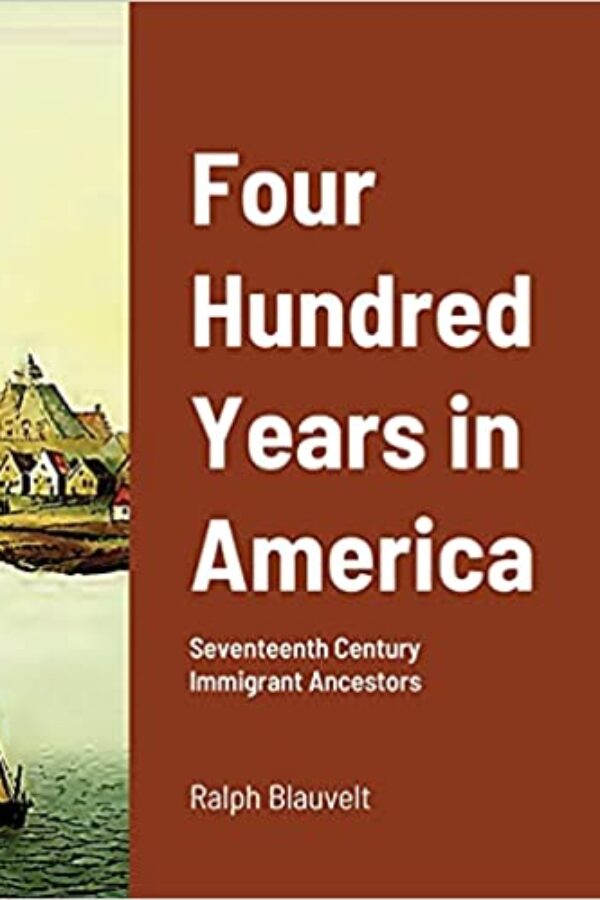
Four Hundred Years in America is the story of the first immigrant settlers in New Netherland, the seventeenth century Dutch colony in North America.
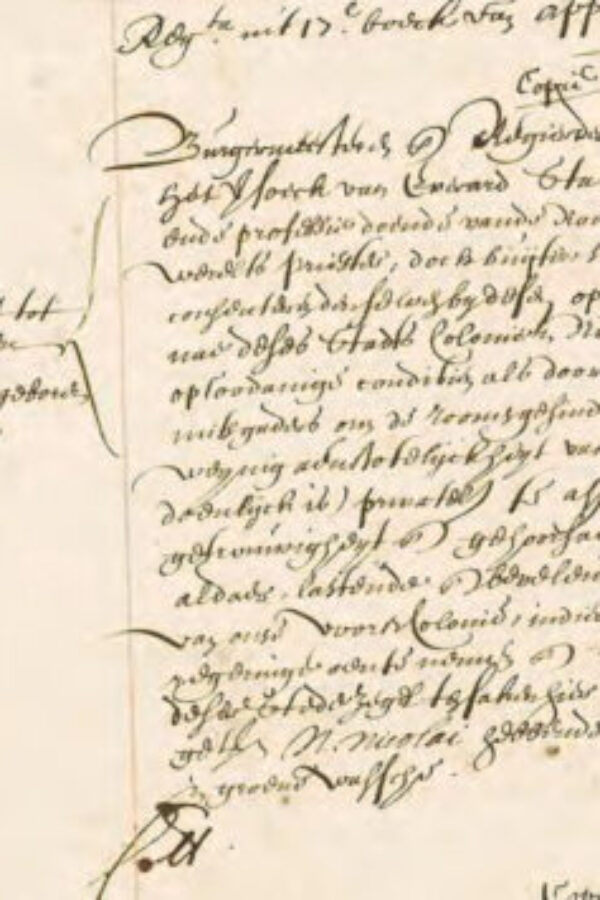
Over the centuries, numerous American visitors to the Netherlands produced travel accounts, filled with their fresh insights.
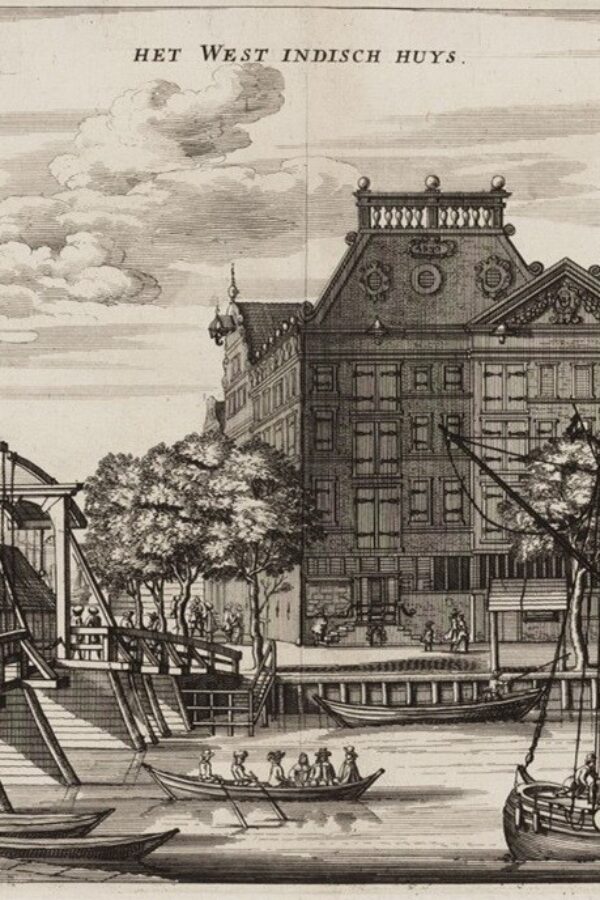
American historian Dennis Maika outlines how family and business connections shaped the development of a slave-trading center in Manhattan.
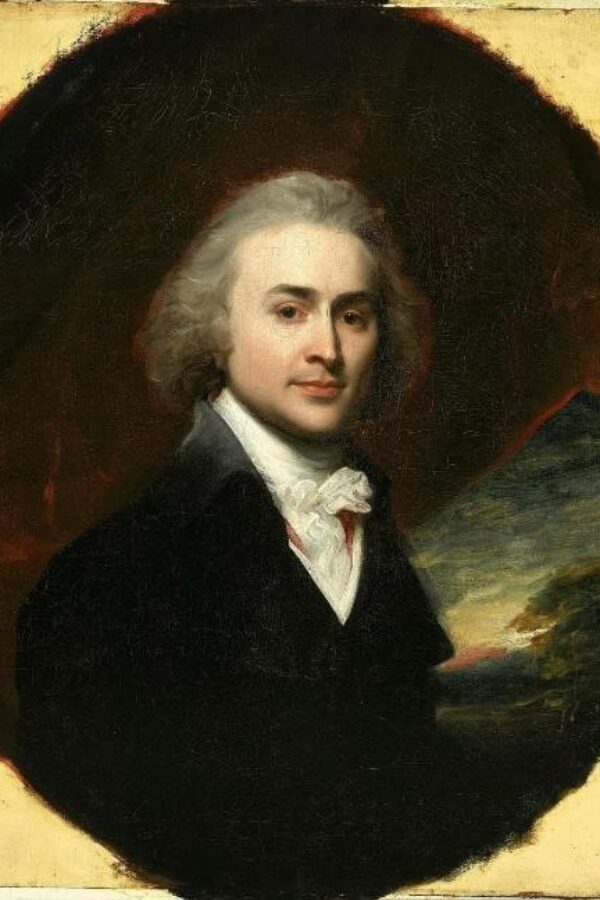
When John Adams arrived in the Dutch Republic as the American envoy, he was accompanied by his two sons. They were both expected to attend school so as to further their education, but .
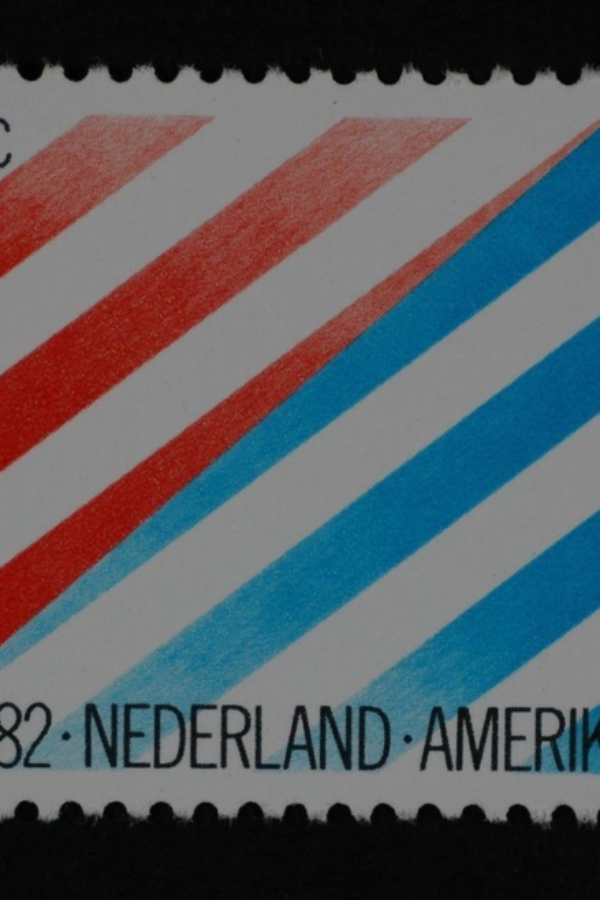
There are a few topics that guarantee a historian an audience. Write a decent biography of Abraham Lincoln or James Madison, for example, and you are bound to have readers.
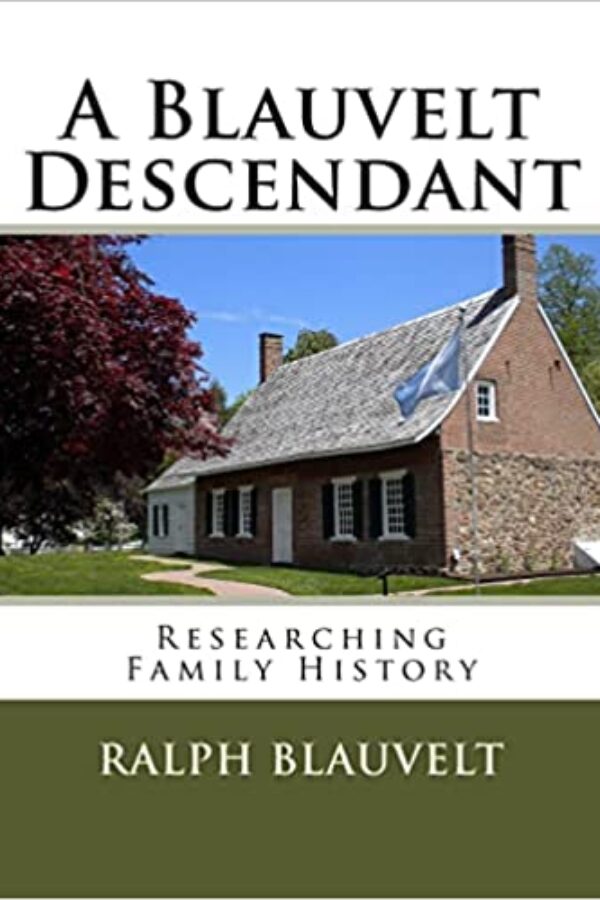
Why does the Blauvelt family in America claim their ancestor was a Dutch colonist named Gerrit Hendricksen?
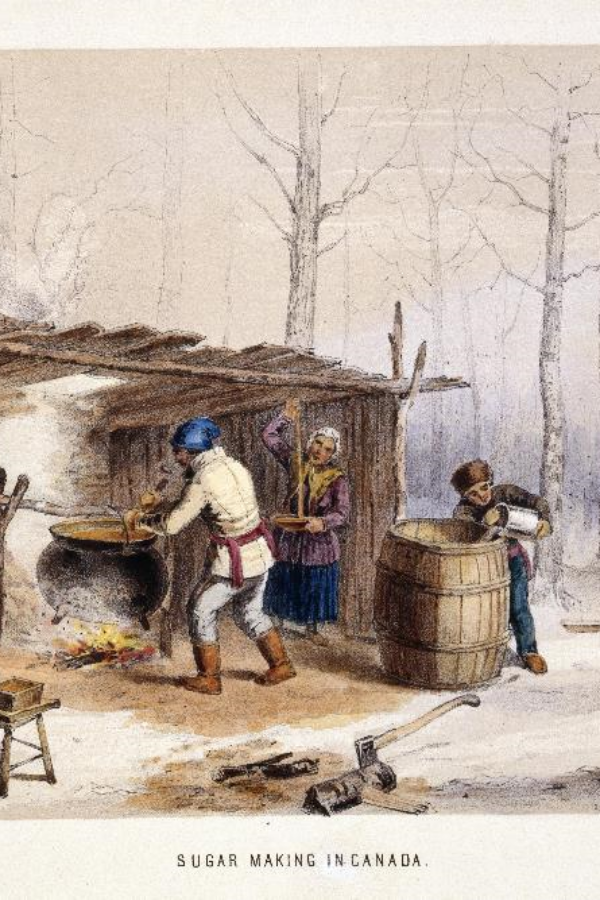
The Holland Land Company is known for its role in settling the western part of upstate New York
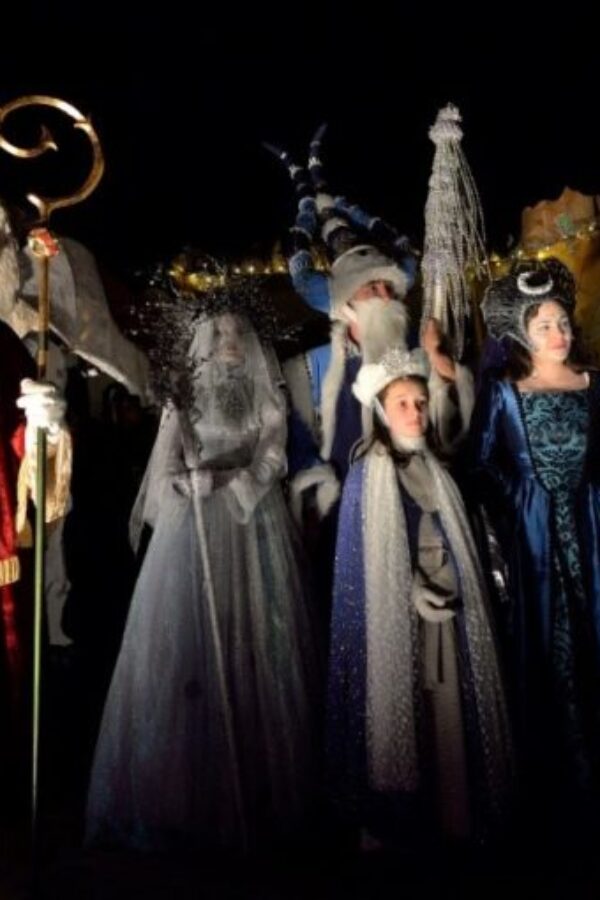
The work that historians do influences their lives, especially if they spend a considerable time in a foreign land
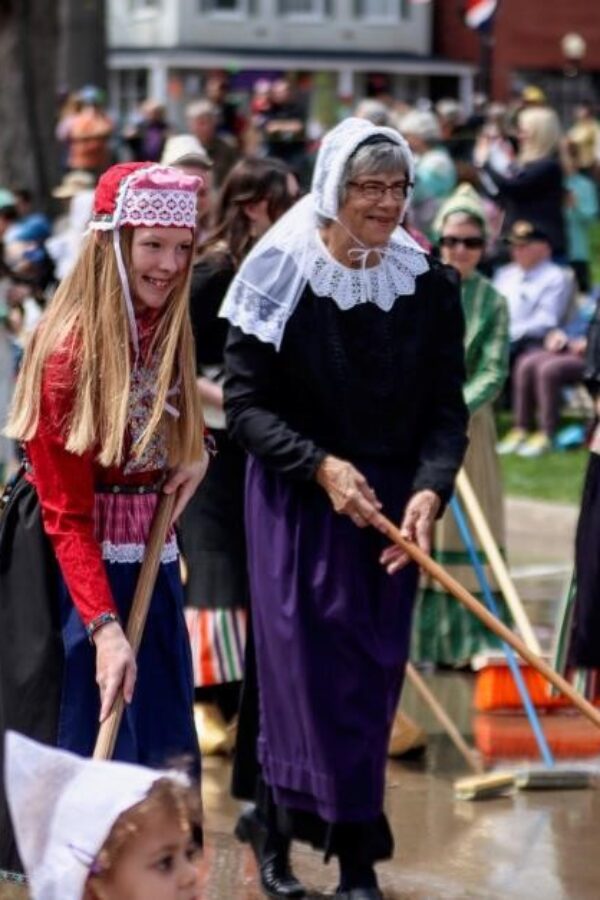
Pella, Iowa was the destination for hundreds of Dutch families after the Afscheiding (Secession) of 1834 split the Dutch Reformed Church.
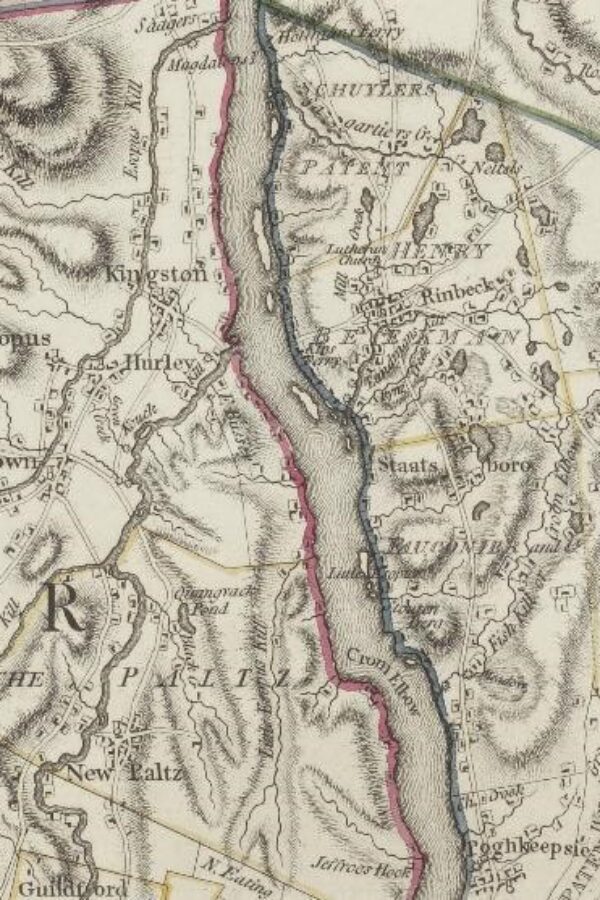
On 31 March 1817 the New York legislature decided that enslavement within its borders had to come to an end. Final emancipation would occur on 4 July 1827.
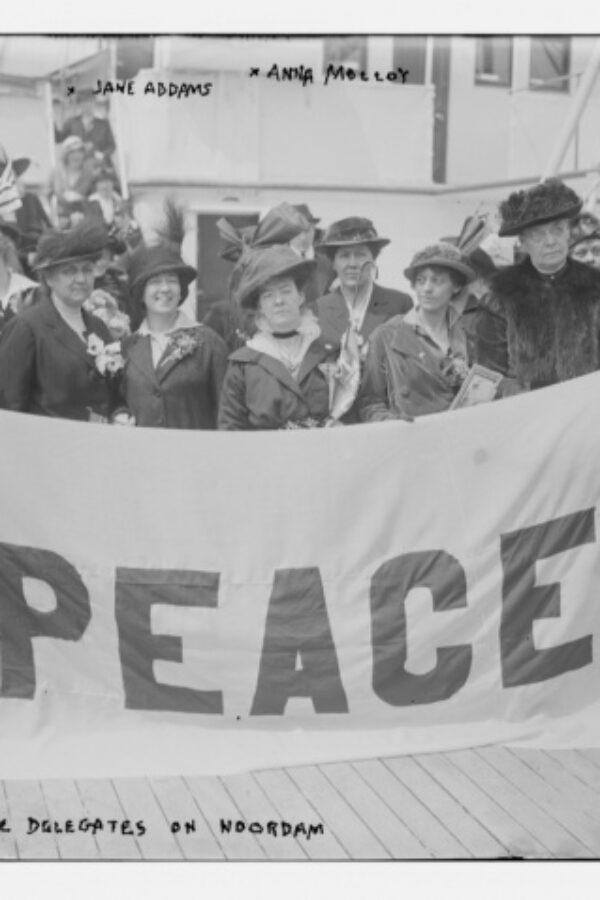
Social activism and the struggle for women’s suffrage in the early twentieth century brought together women from countries around the world
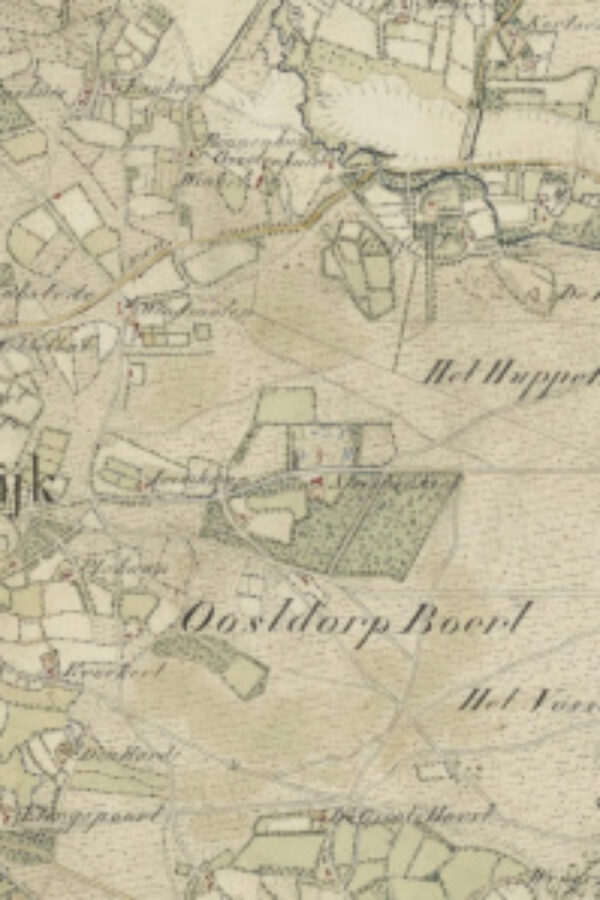
During a late evening walk, journalist Joske Meerdink decided to turn right and go across the local graveyard. It led to an unexpected find.
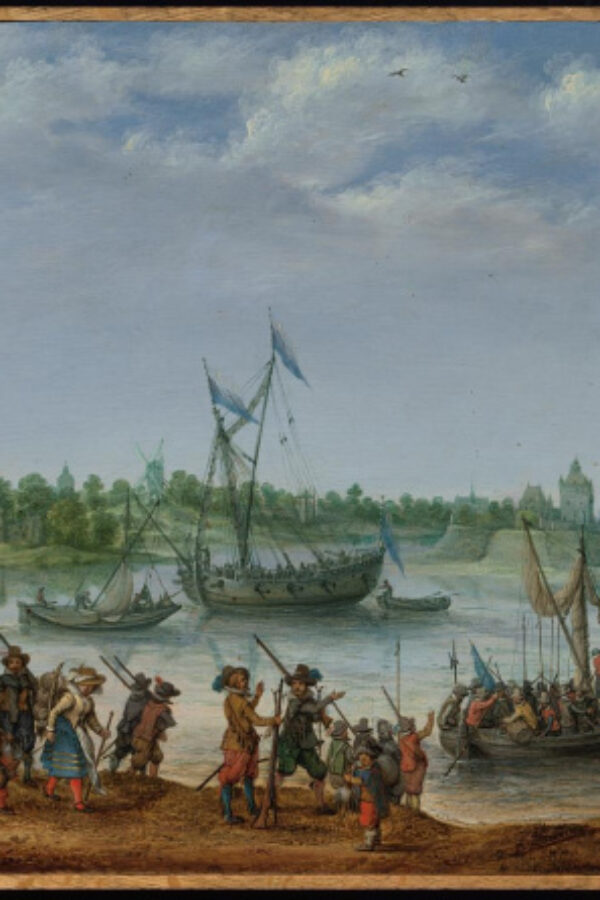
The early history of the Dutch in America is not confined to the Hudson River and the surrounding areas.
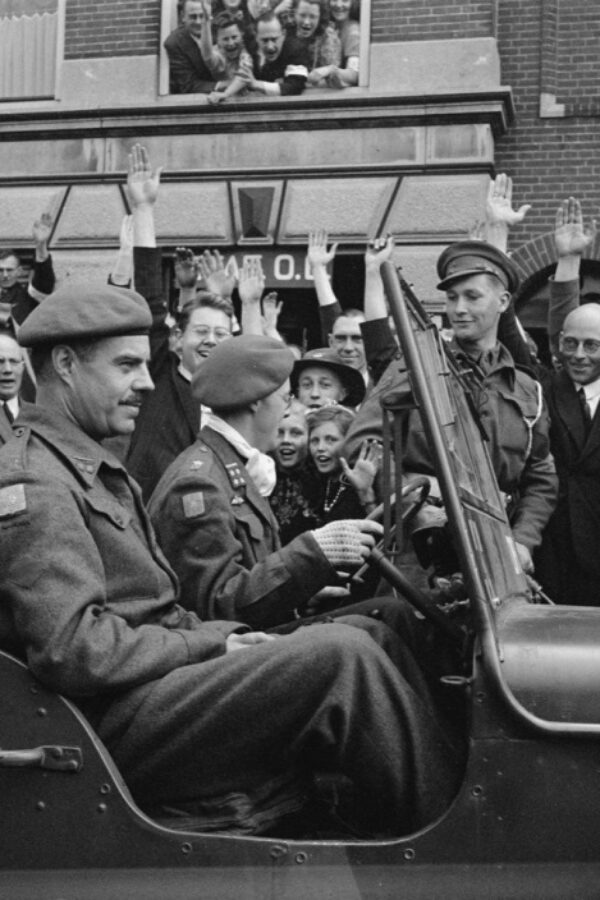
During the Second World War, the English secret service did not trust the German-born Prince Bernhard of Lippe-Biesterfeld, son-in-law of Queen Wilhelmina of the Netherlands.
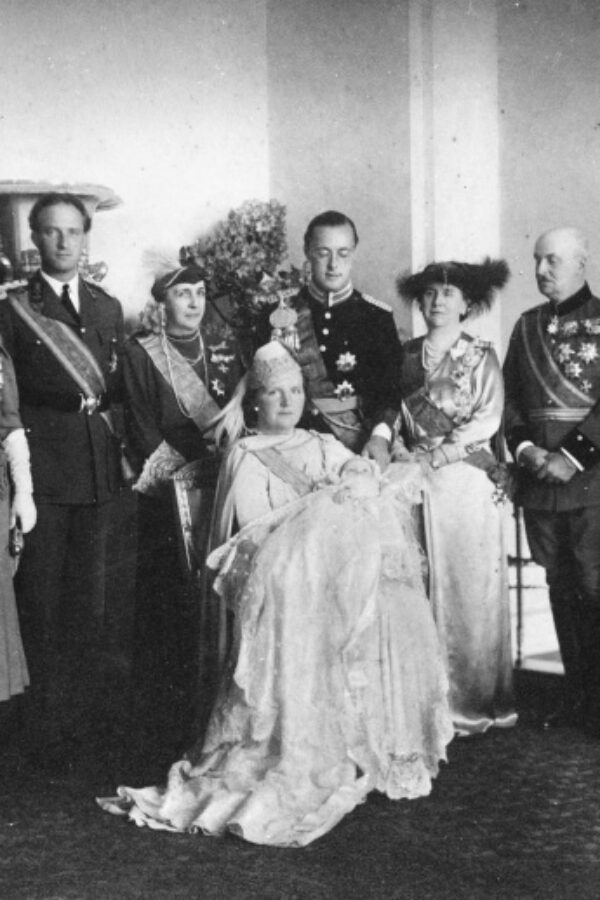
New Amsterdam. Vice versa, Annejet van der Zijl, a Dutch author, found her muse in the United States, as she relates her Dutch American story.
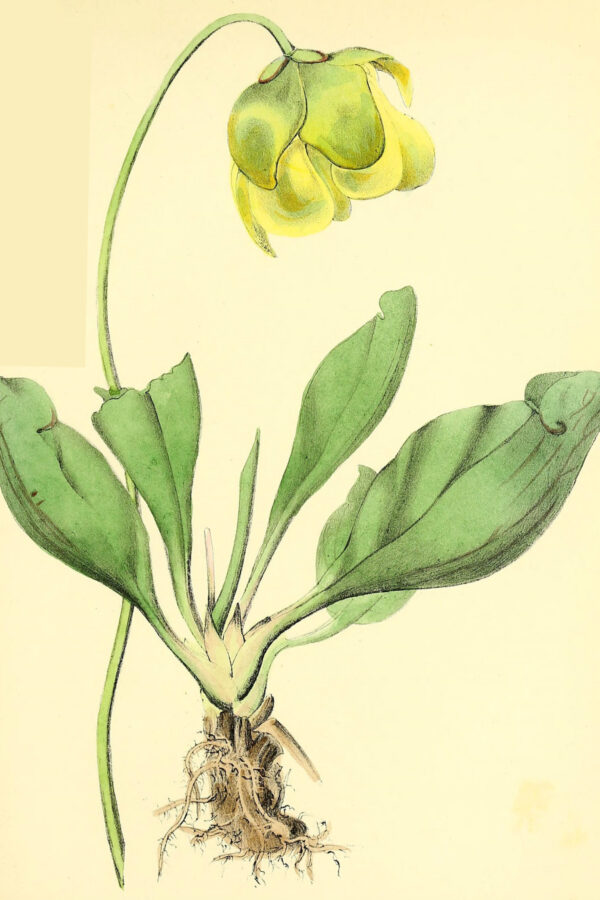
American naturalist Susan Fenimore Cooper (1813-1894) offers a unique record of daily walks in the area of her beloved Cooperstown, founded in 1786 by her grandfather William Cooper.
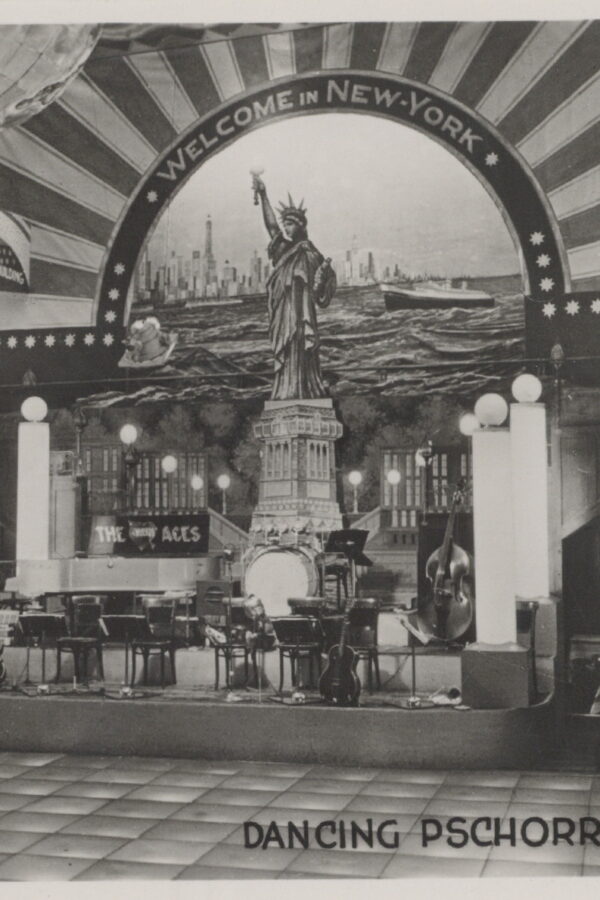
During the 1920s, the Netherlands excelled in dullness, but Kees Wouters shows how the cobwebs of pillarized society were blown away by a new musical wind from the West.
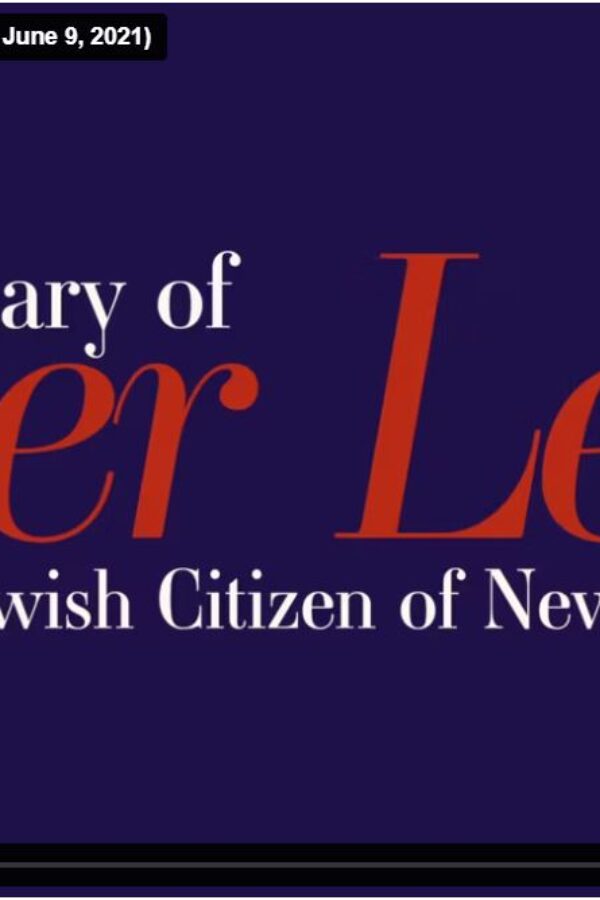
Learning of new opportunities in New Amsterdam, Asser Levy left Amsterdam and arrived in Manhattan on 22 August 1654, one of the very first Jews to do so. New Amsterdam was not a wholly welcoming place to Jews,
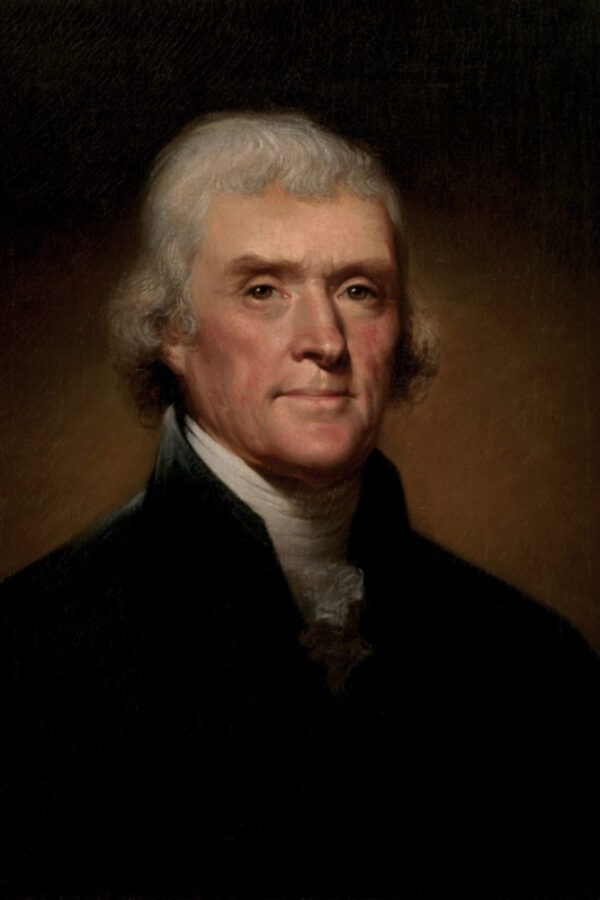
The Dutch Republic was the 1st country to acknowledge the independence of the United States in 1782 and they sent an official delegation set sail to Philadelphia.
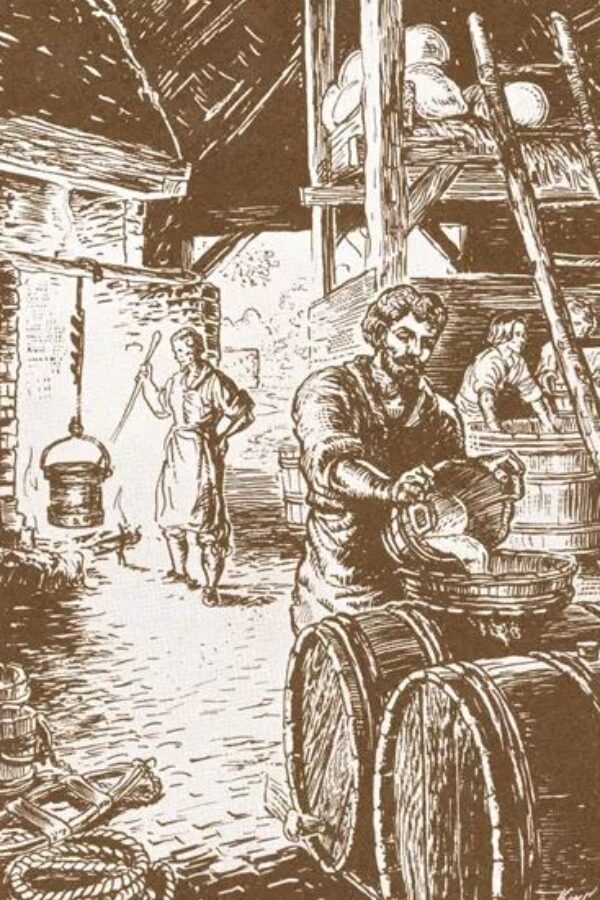
Sailing across the Atlantic Ocean was an exciting adventure of a poor sixteen-year old boy from Turnhout, a small commercial town in what was then known as the Spanish Netherlands.
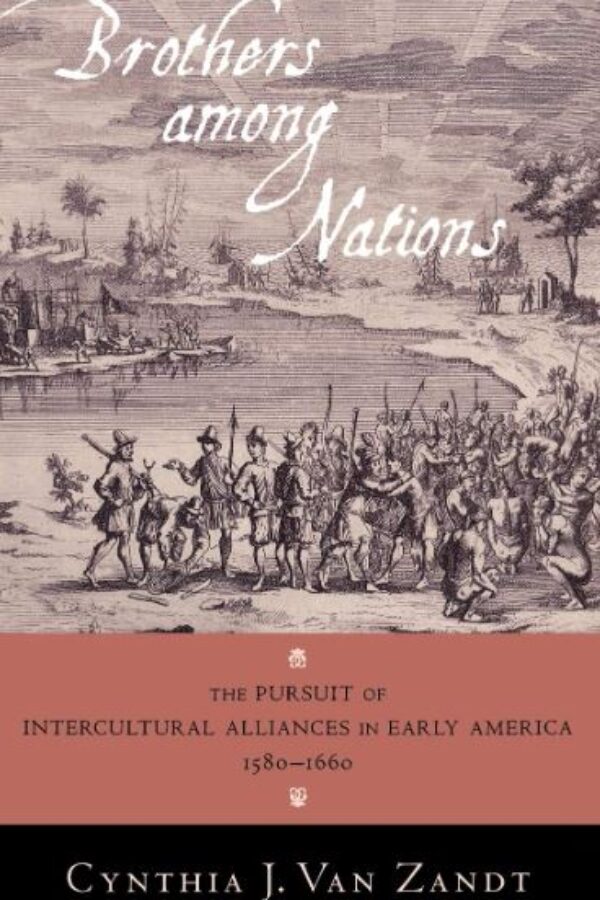
During the first eighty years of permanent European colonization, webs of alliances shaped North America from northern New England to the Outer Banks of North Carolina and entangled all peoples in one form or another.
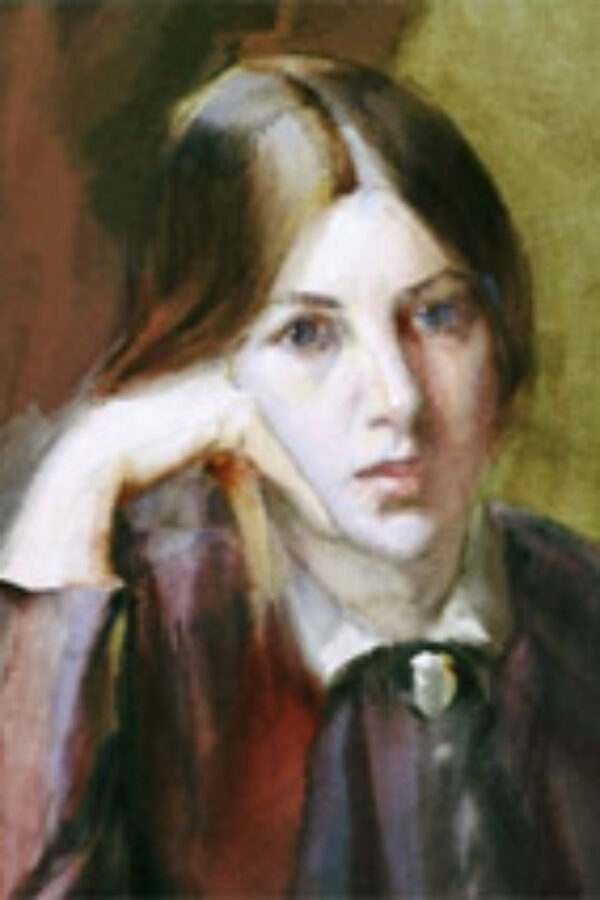
Stories handed down through the generations have a powerful impact. Alexandra van Dongen was always fascinated by the life of her American great-grandmother, an artist who eventually settled in the Netherlands.
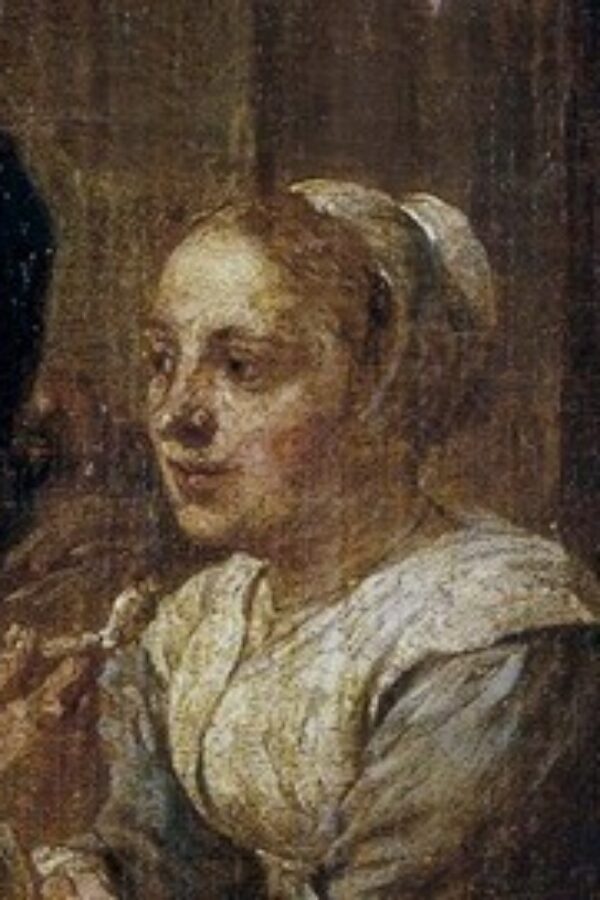
Margrietje Cosyns thrived and survived three husbands and was a driving force in the building of young New Amsterdam.
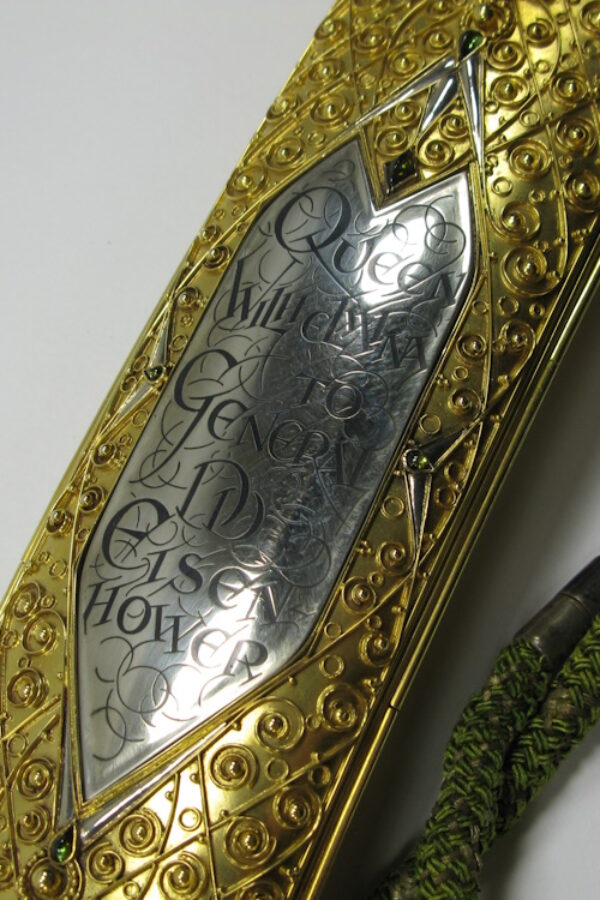
Using a royal gift as a starting point, Jorrit Steehouder shows how ties between the United States and the Netherlands were forged through rituals and symbols, as well as through personal friendships.
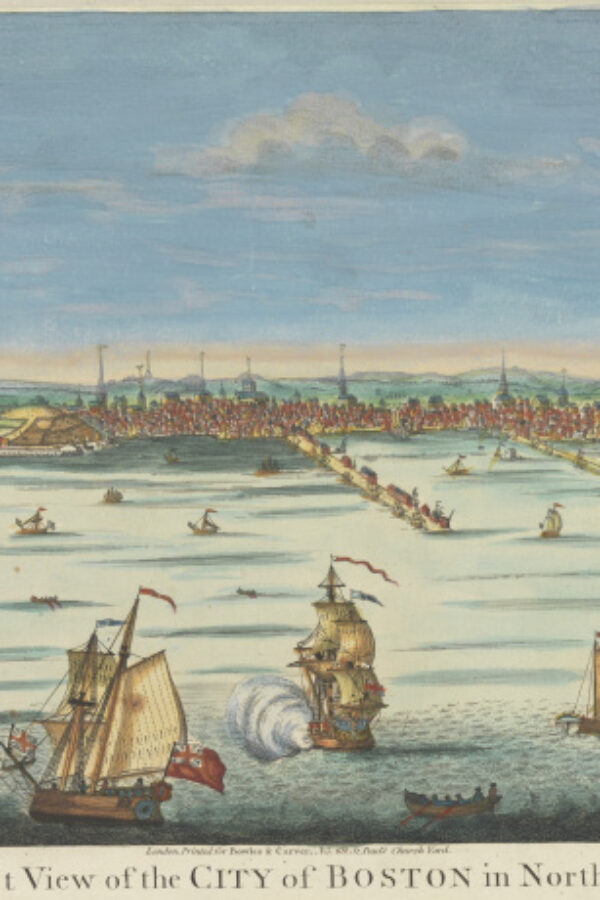
In the early 18th century, two young travelers, one from Boston and the other from Albany, visited the Dutch Republic, documenting their journeys. Despite similarities, their perspectives diverged significantly.
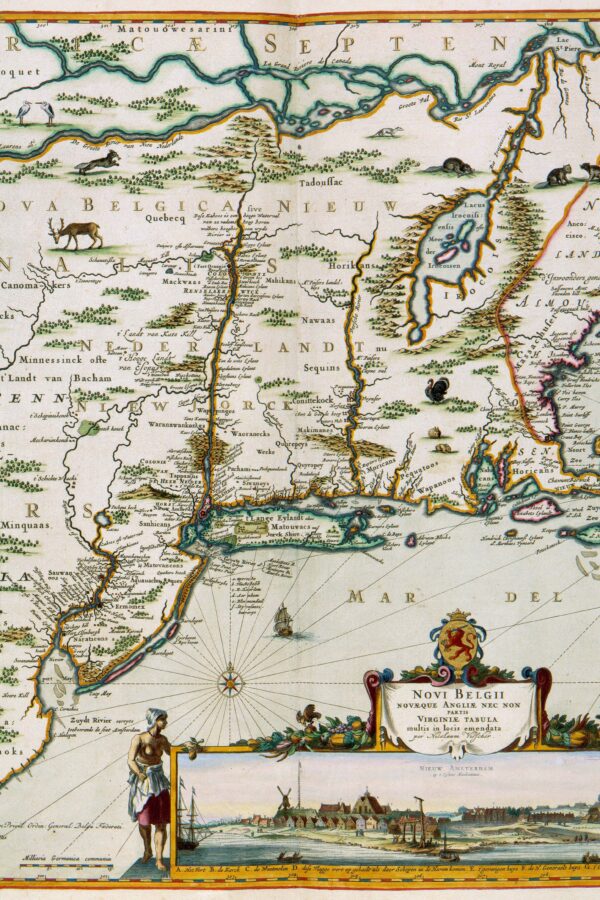
Travelling from Washington D.C. to Milwaukee, Dutch journalist Bas Blokker makes a stop-over in Hurley, N.Y., and discovers its Dutch history.
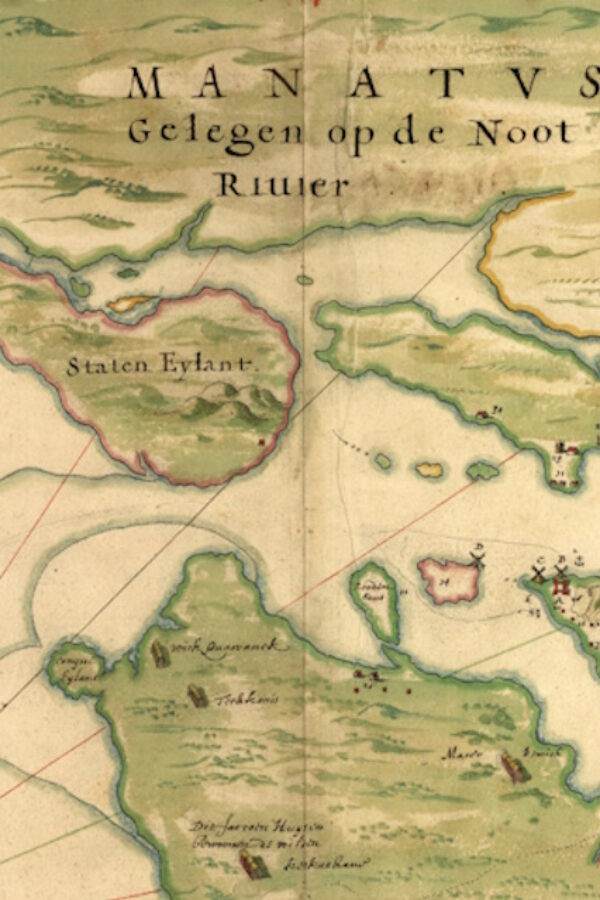
In early New Netherland and New Amsterdam, Lavada Nahon, a historical interpreter and culinary historian, vividly portrays the sensory world of enslaved individuals amidst scarce historical sources.
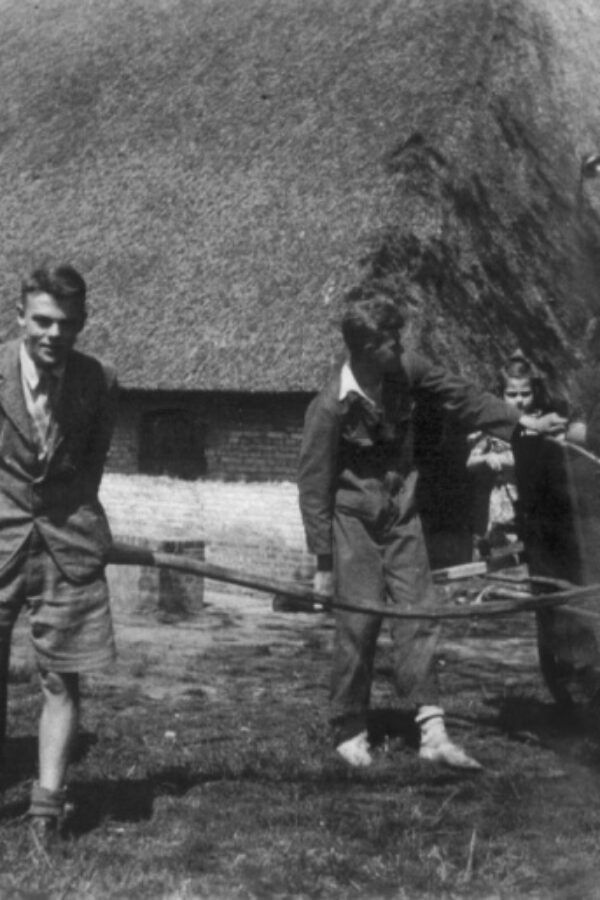
In early New Netherland and New Amsterdam, Lavada Nahon, a historical interpreter and culinary historian, vividly portrays the sensory world of enslaved individuals amidst scarce historical sources.
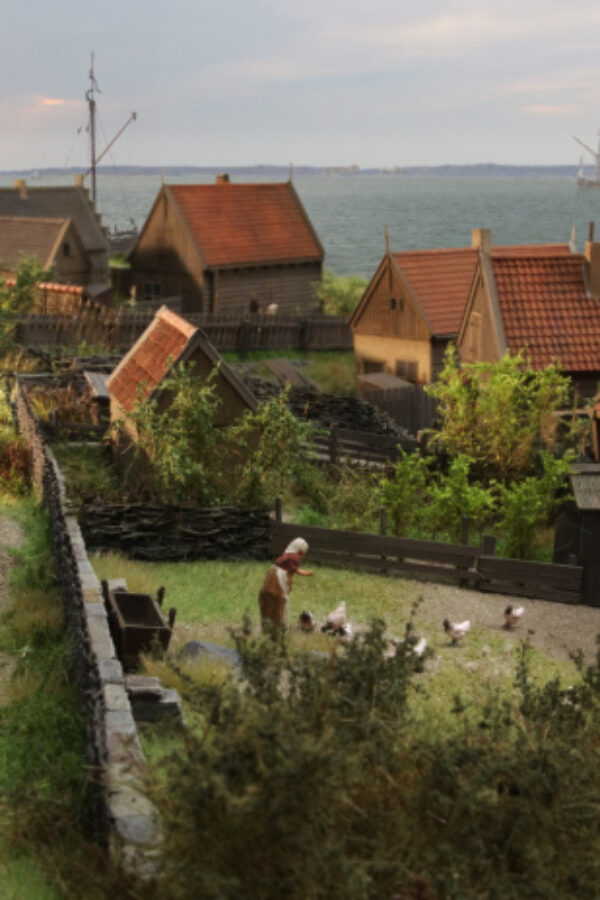
New York's founding and appropriate commemoration dates are explored. Jaap Jacobs reviews historical celebrations of Dutch-American friendship as the blog series concludes, questioning when and how to celebrate New York.
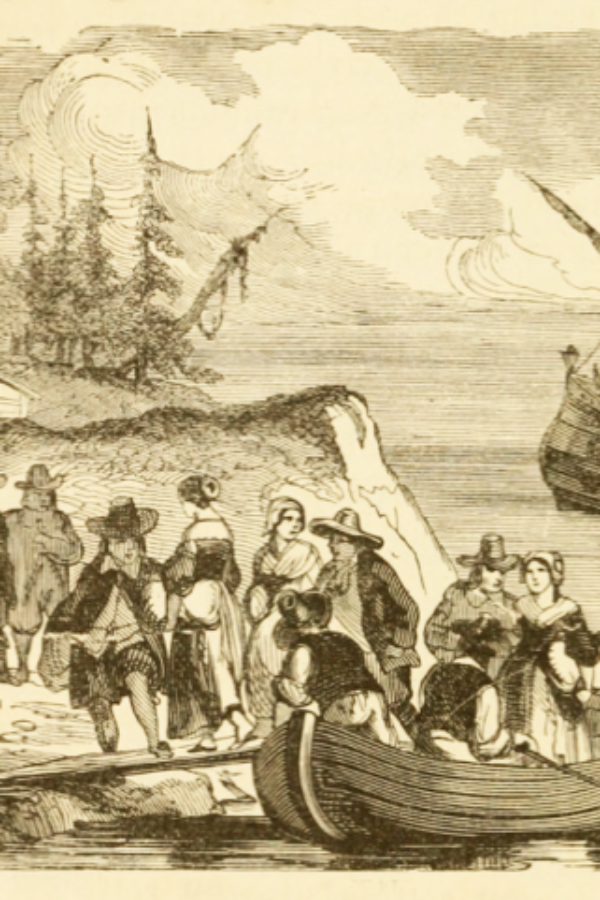
An “Interview” with One of the First Colonists, Catalina Trico in New Amsterdam in 1664 on live in the colony.
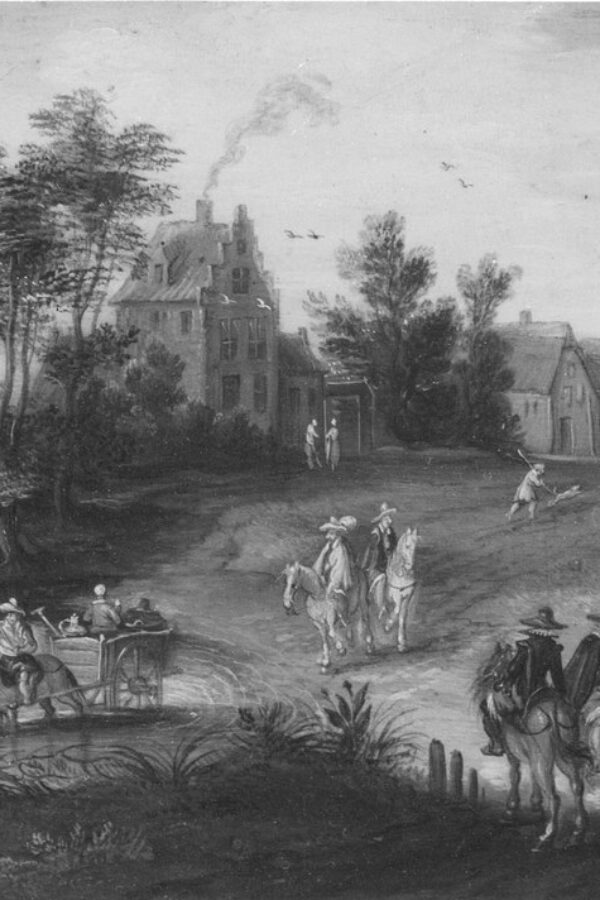
In April 1625, the directors of the West India Company contracted for 103 head of stallions and mares, bulls and cows, for breeding and multiplying as well as a number of sheep and pigs.
OUR MISSIONNAHC is dedicated to the exploration of the Dutch history of New Amsterdam as it laid the foundational character for today’s New York City, with special reference to its ethnic, racial, and religious diversity, urban landscapes, economic vitality, and global legacy.